What is home to you? Is it the physical space where you sleep and eat, i.e. your house or apartment? Or do you refer to your country or region of origin as ‘home’? Is your family or another person your idea of home? Do you think of Earth as ‘home’?
Any of these things can be and often are—simultaneously—what home means to us. The word itself comes from a variety of languages, including the Old Norse heimr meaning ‘residence, world.’ And the notion of home is closely entwined with nature. It’s no coincidence that we talk of ‘putting down roots’ or being ‘grounded’ somewhere; or if forced to move, describe it as being ‘uprooted’ or ‘transplanted.’ People ask where we ‘grew’ up. Considering that these metaphorical associations of home with nature are already embedded in our vocabularies, what might a more intentional manifestation of nature look like in our homes?
Eco-psychology is the study of humans’ relationship to nature and the resulting psychological effects. The benefits of spending time in nature are well documented, with positive outcomes for wellbeing, health, and community cohesion. Studies have even shown that patients recover more rapidly and children can be more attentive when they are able to look out of a hospital or classroom window at greenery. Eye-tracking technologies have enabled researchers to conclude that ‘simply directing visual to green elements like trees, rather than grey, significantly reduces anxiety and boosts restorativeness.’[1]
Given these findings, designing a living space that nurtures connectivity to nature—its scents, sights and sounds—can only be a positive thing. Structurally, you have to work with what you’ve got. If you can open your windows safely and let in unpolluted air and the sound of birdsong, do so as often as possible. If there’s anything blocking natural light like furniture, consider rearranging it, and clear the view to the sky. If you have a balcony or even just windowsills, grow pots of herbs: lavender, rosemary, basil etc. They give off a glorious scent and are every chef’s secret weapon in the kitchen. Indoor plants are a marvellous way to amp up the greenery in every room, and many species will thrive in the steamy conditions of your bathroom as well as making it look like a tropical paradise.
If you have a garden or backyard, work with rather than against the climatic conditions, and plant species that can tolerate drought or frost or wet seasons. Explore the possibility of mutualism in your planting. Rosemary is terrific at keeping cabbage moths, beetles and flies away from your sage, carrots and cabbage. The bright petals of the orange nasturtium attract bugs away from your veggies, while lavender is also another aromatic insect trap. Even the smallest spaces can support growth and greenery that potentially will bring in bees and birds, small lizards and insects. When you are able to witness up close the processes of the natural world, processes that you can support with only a little extra effort, it’s incredibly good for the soul!
But try not to undo all your good work: avoid using toxic and environmentally unfriendly cleaning products in your home.
[1] ‘The nature gaze: Eye-tracking experiment reveals well-being benefits derived from directing visual attention towards elements of nature’ People and Nature 2024; 00:1–17.




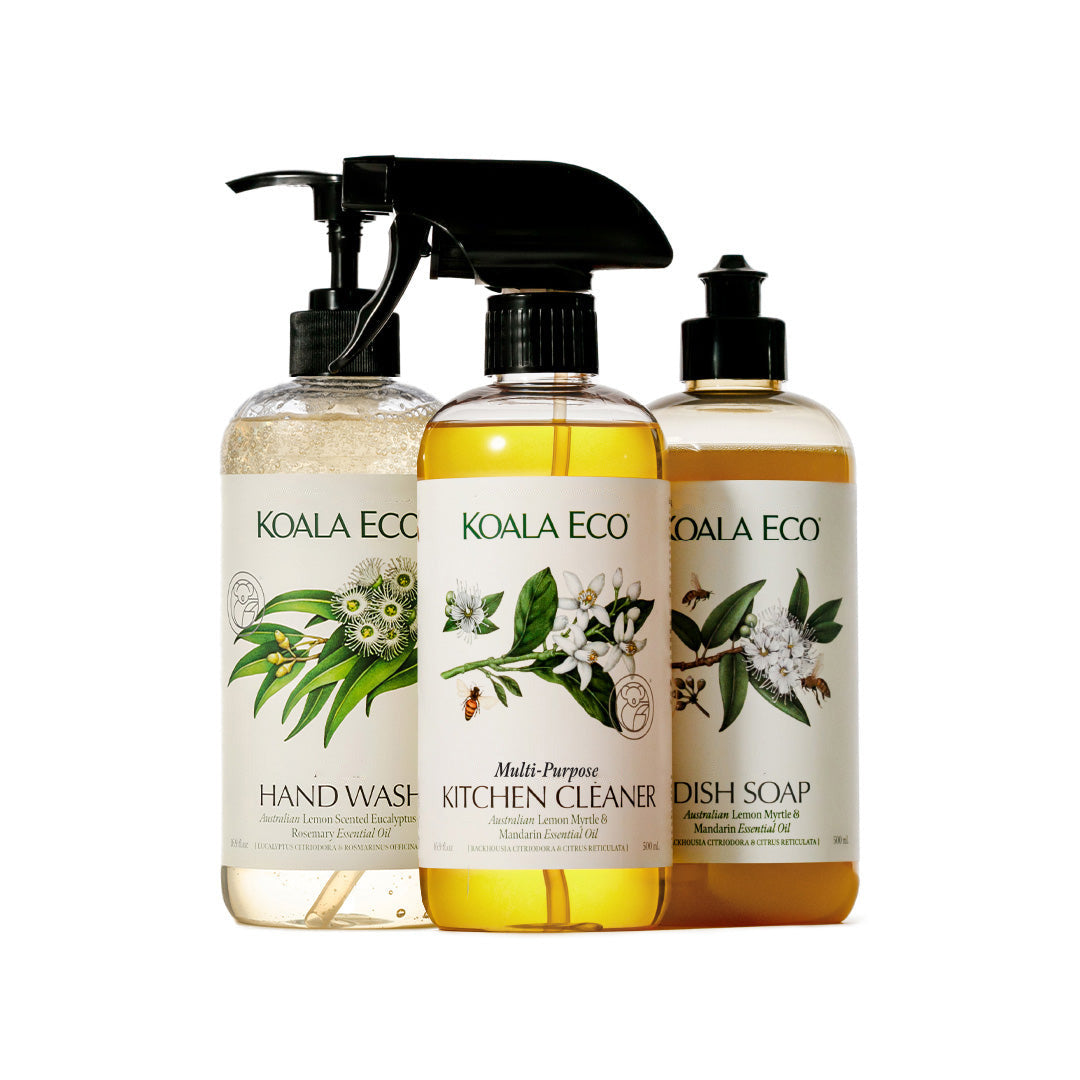
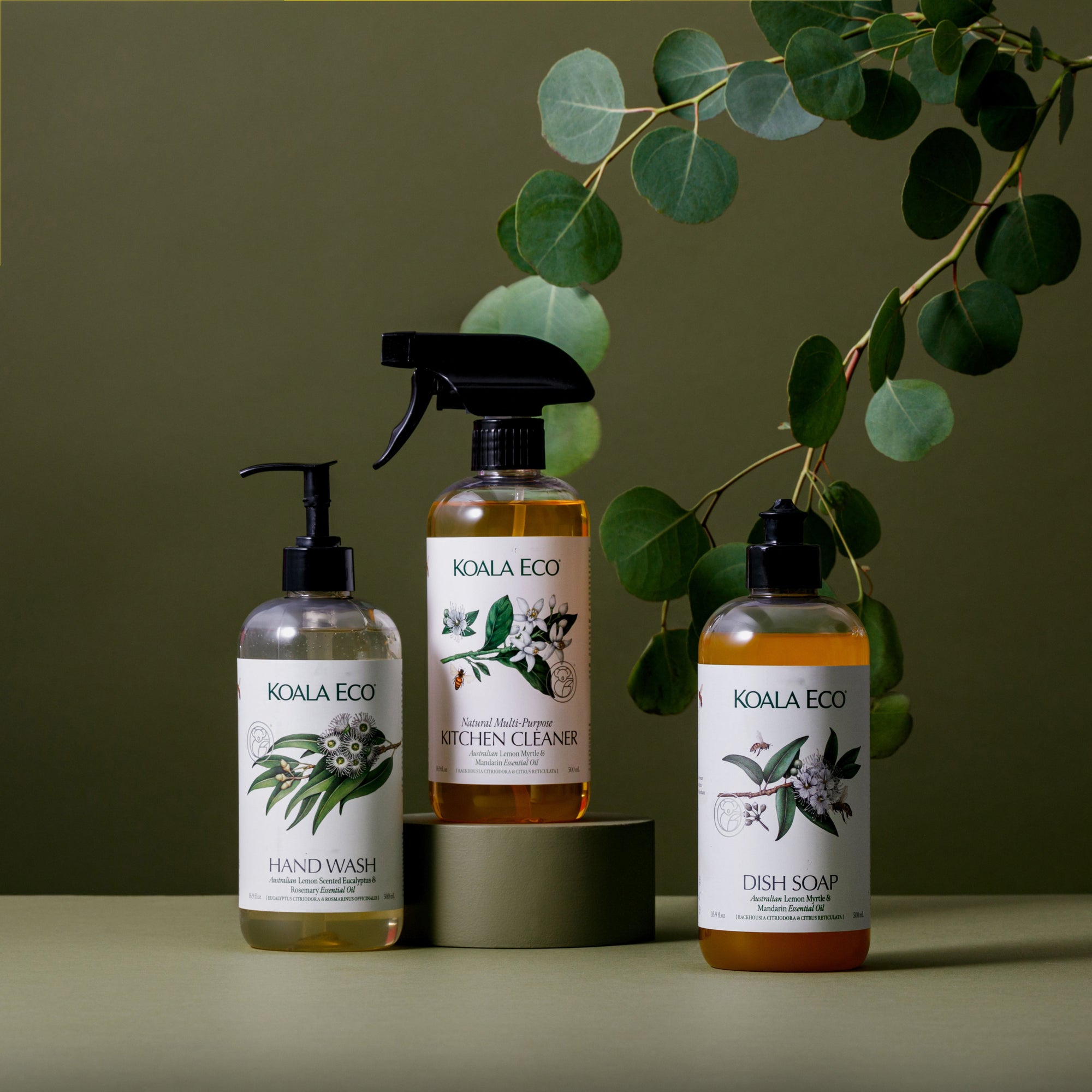
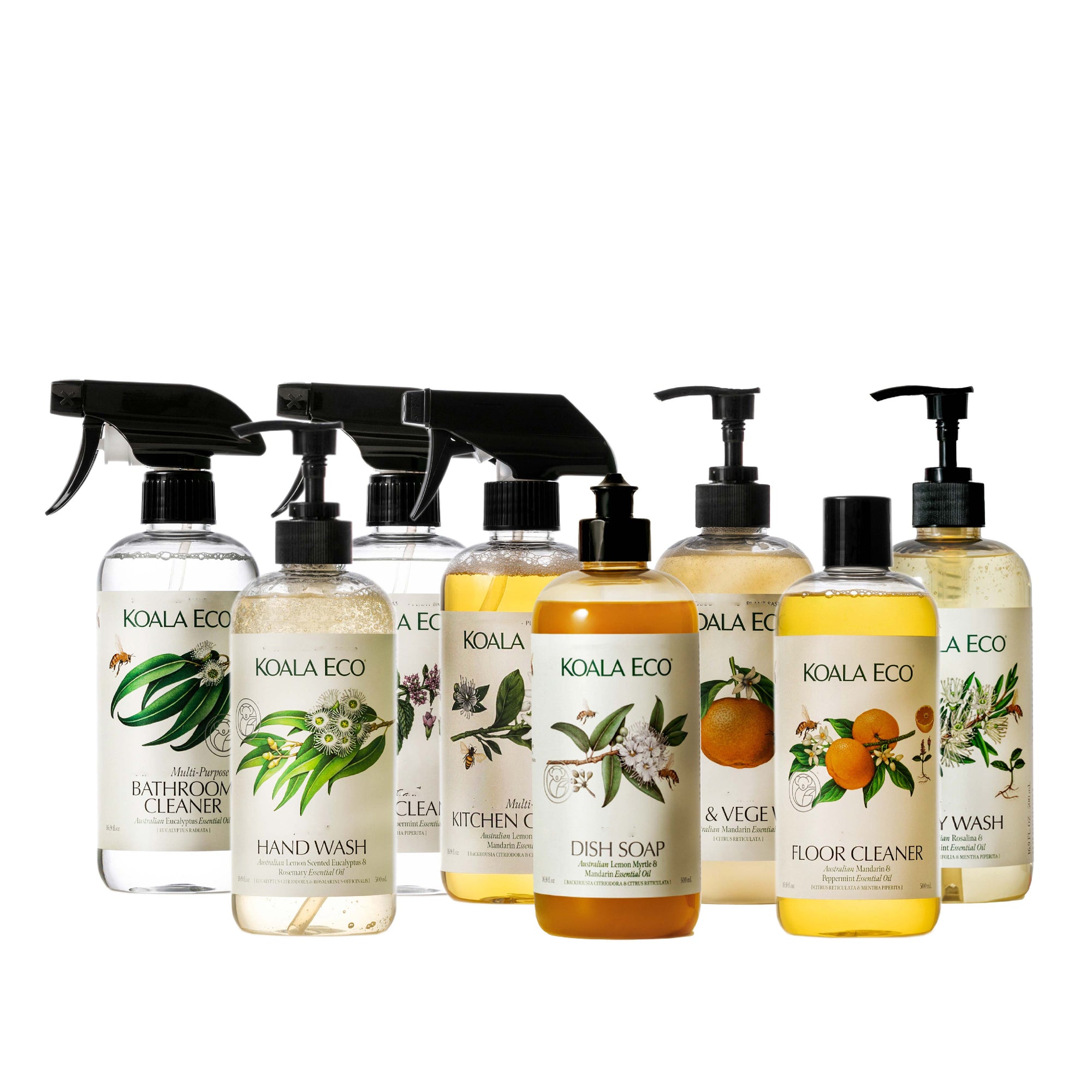
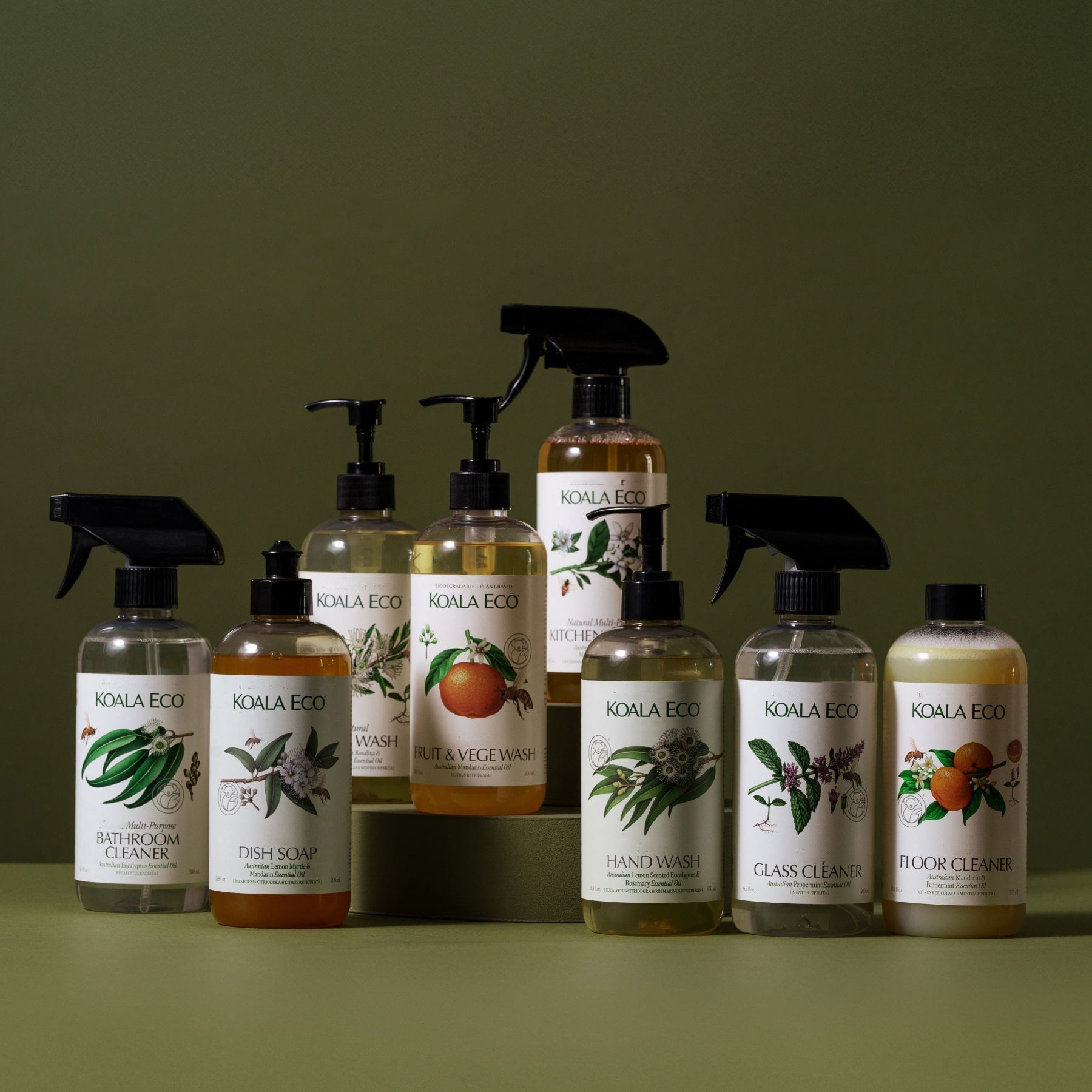
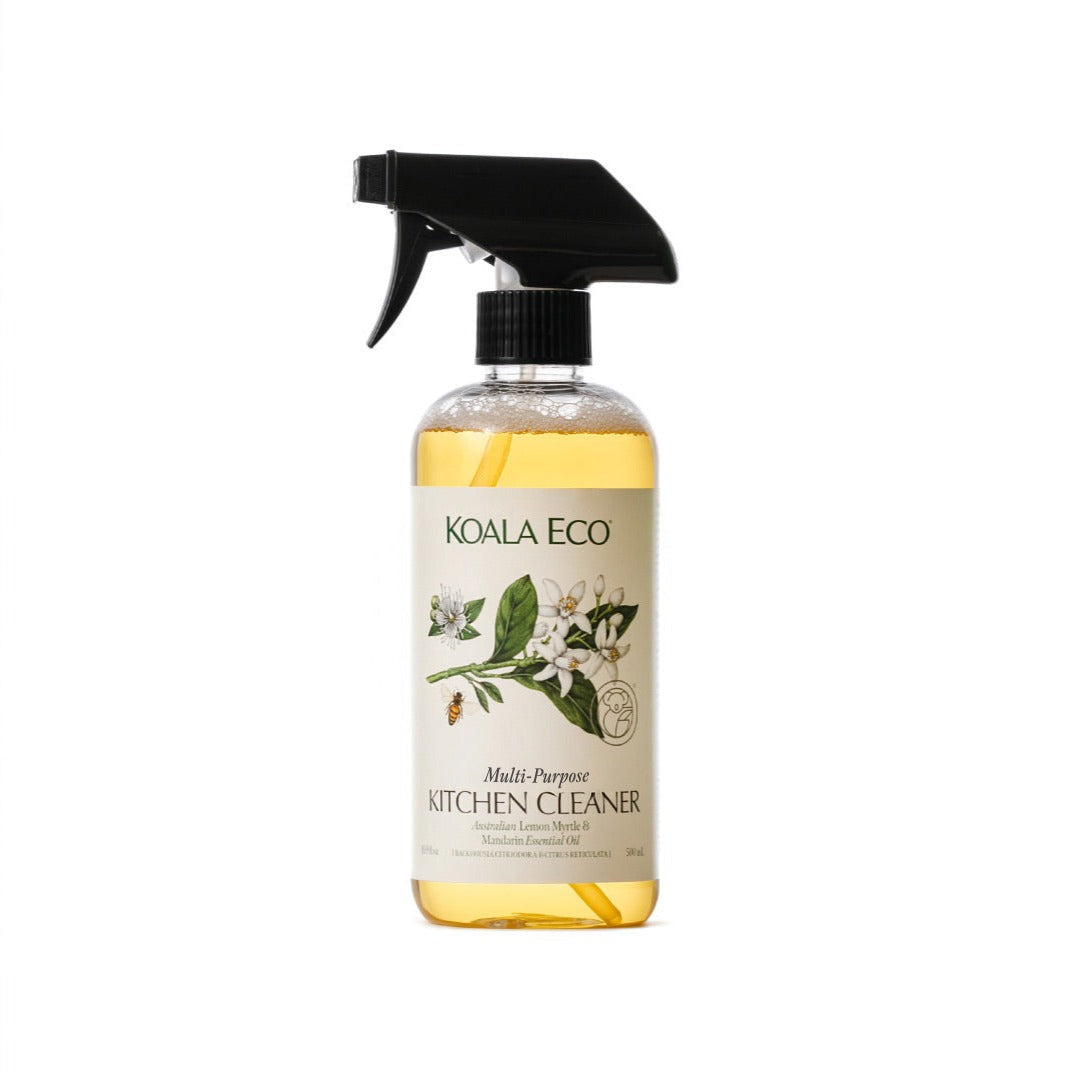
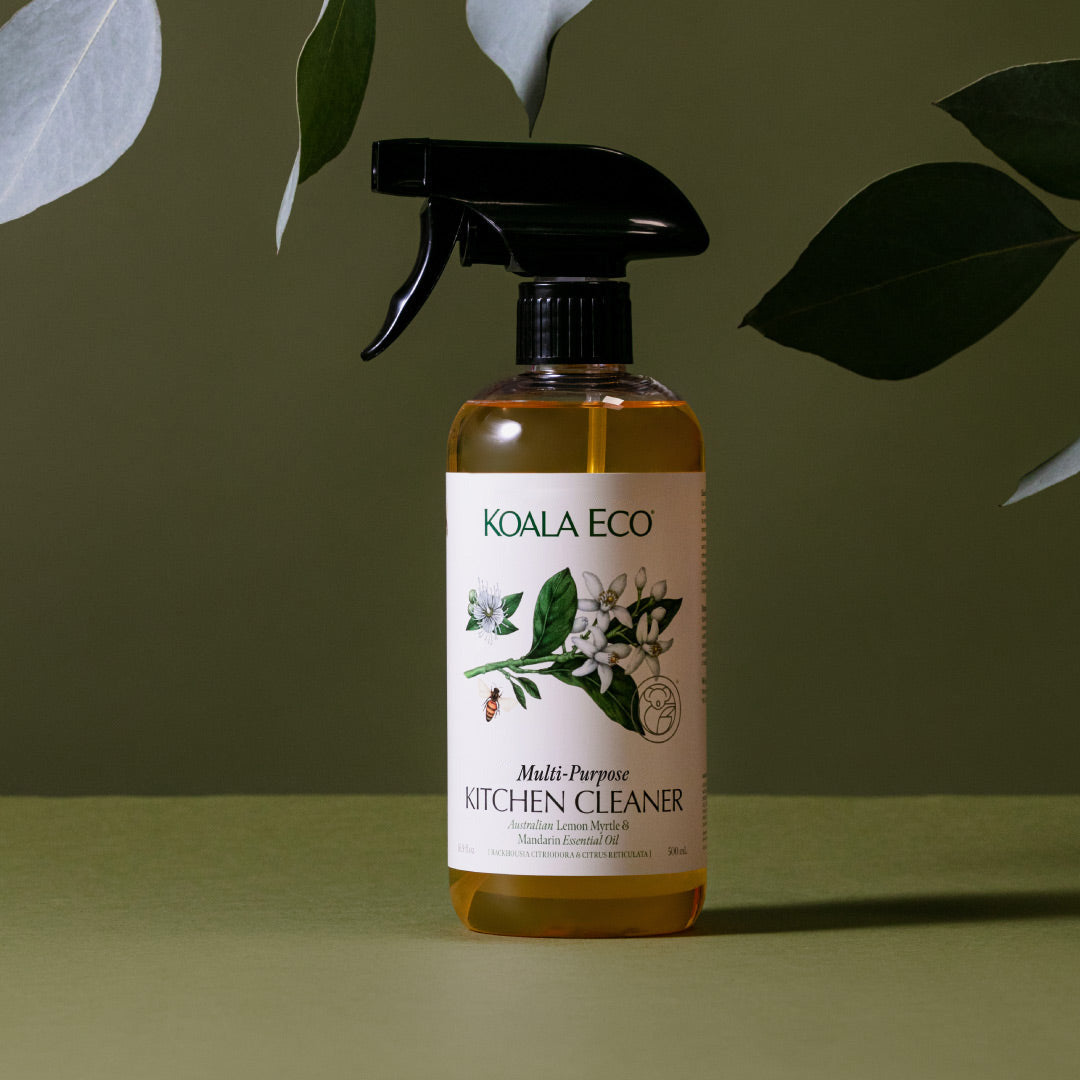
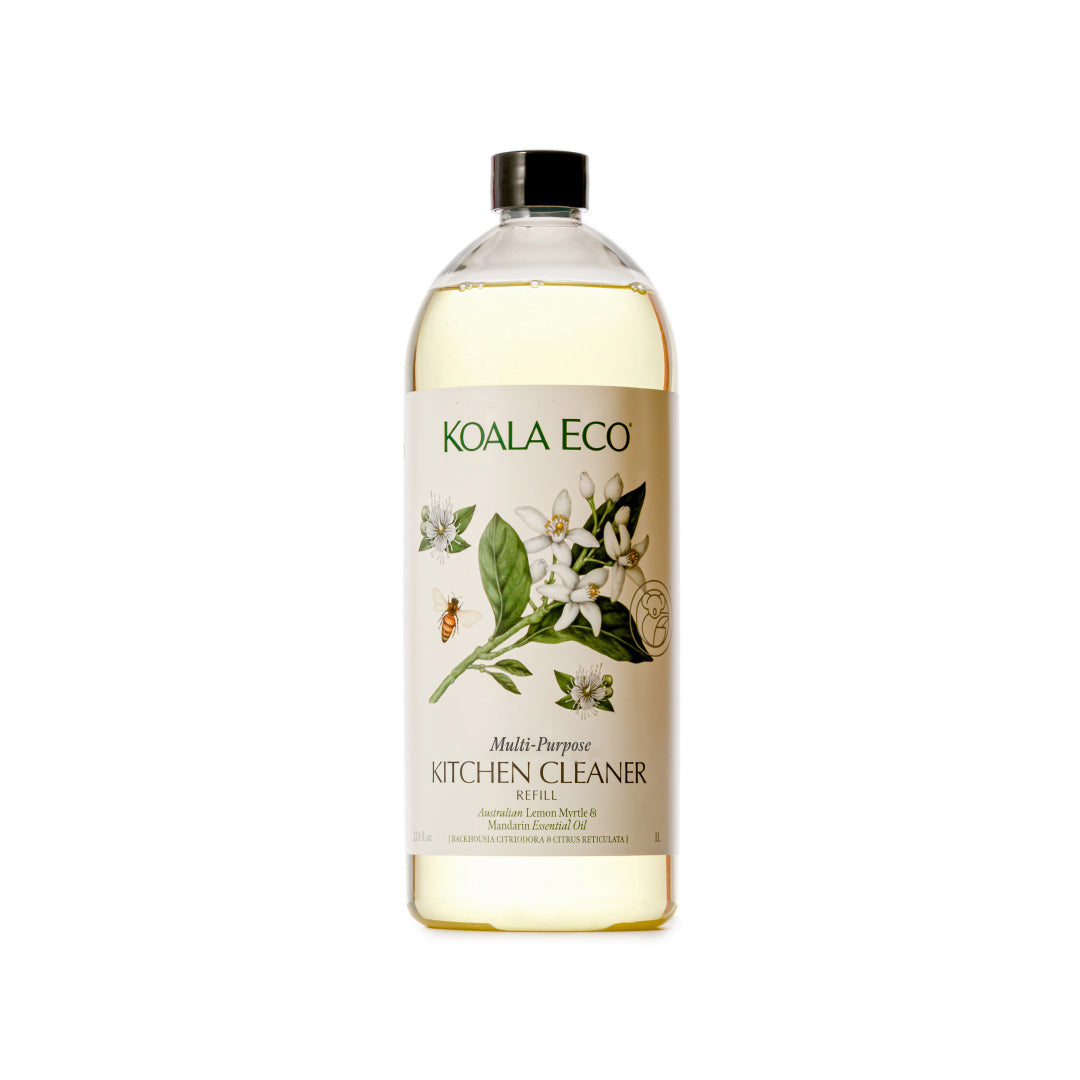
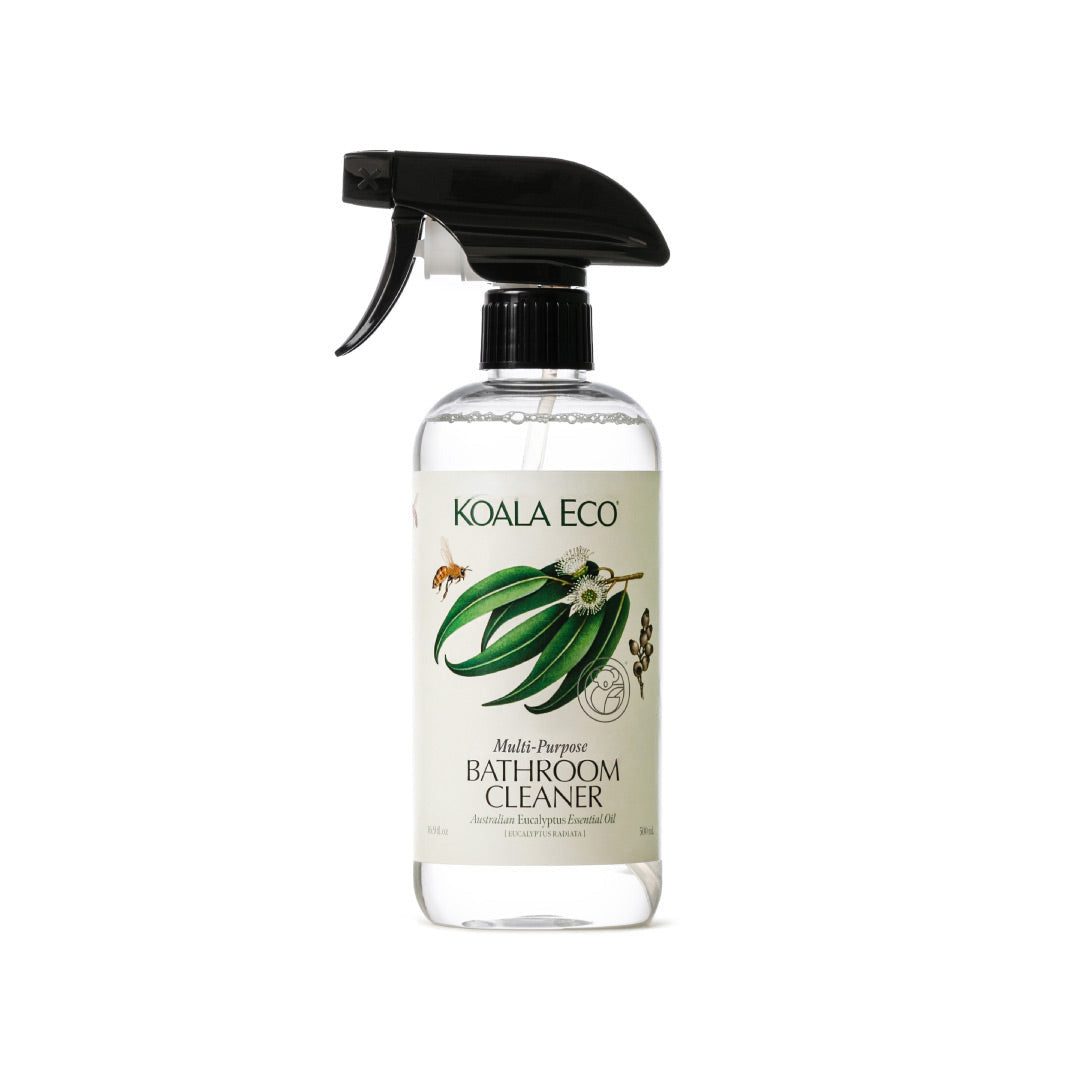
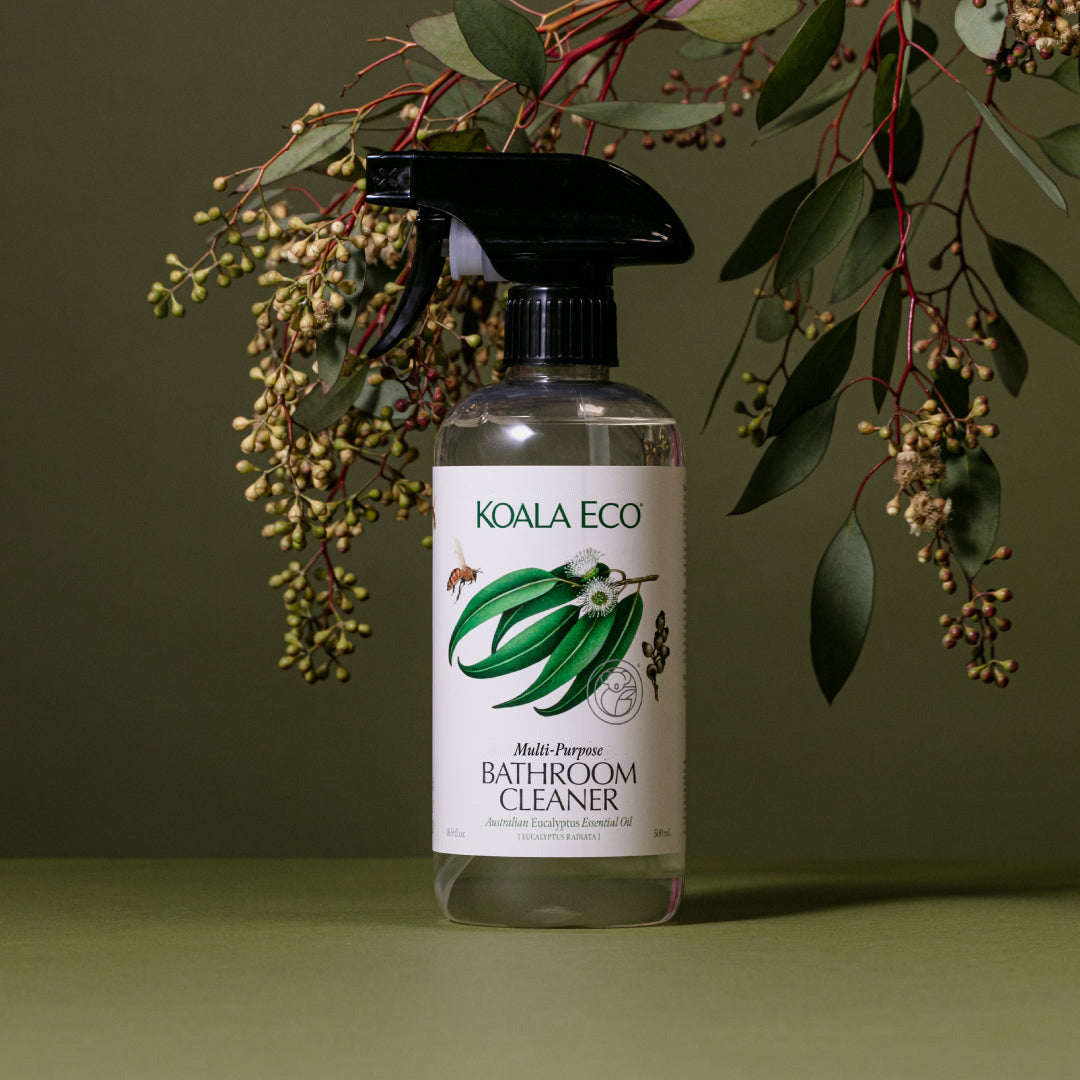
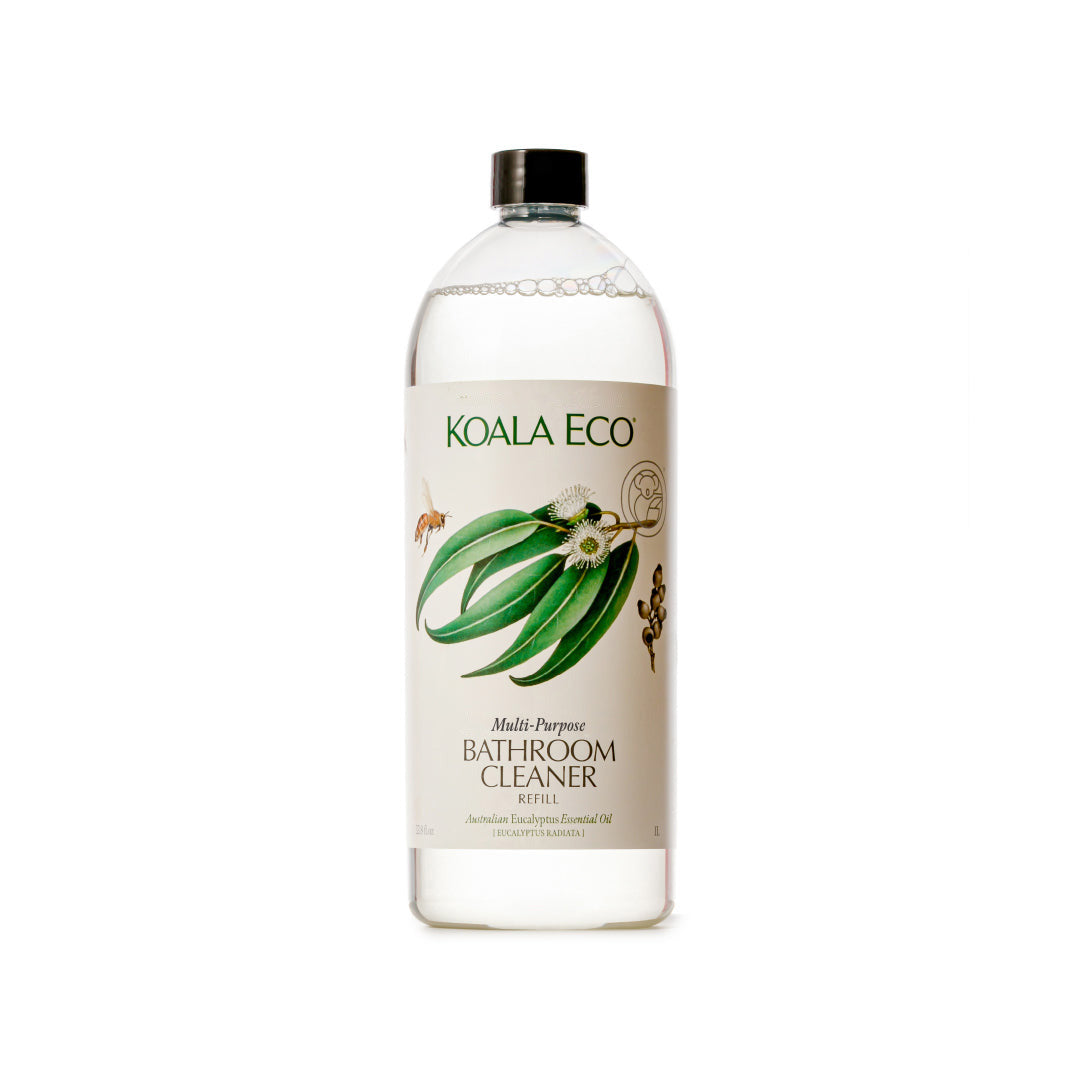
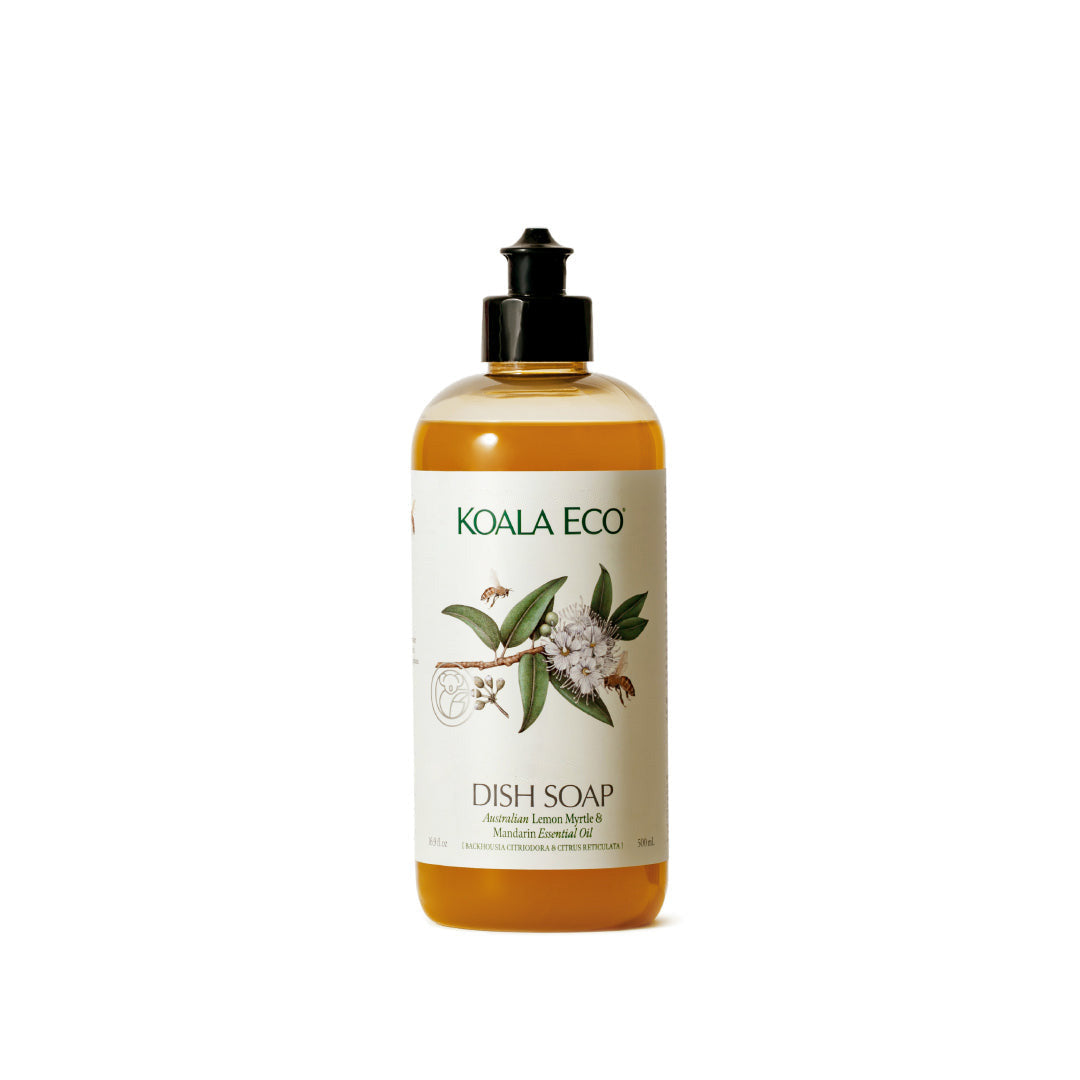
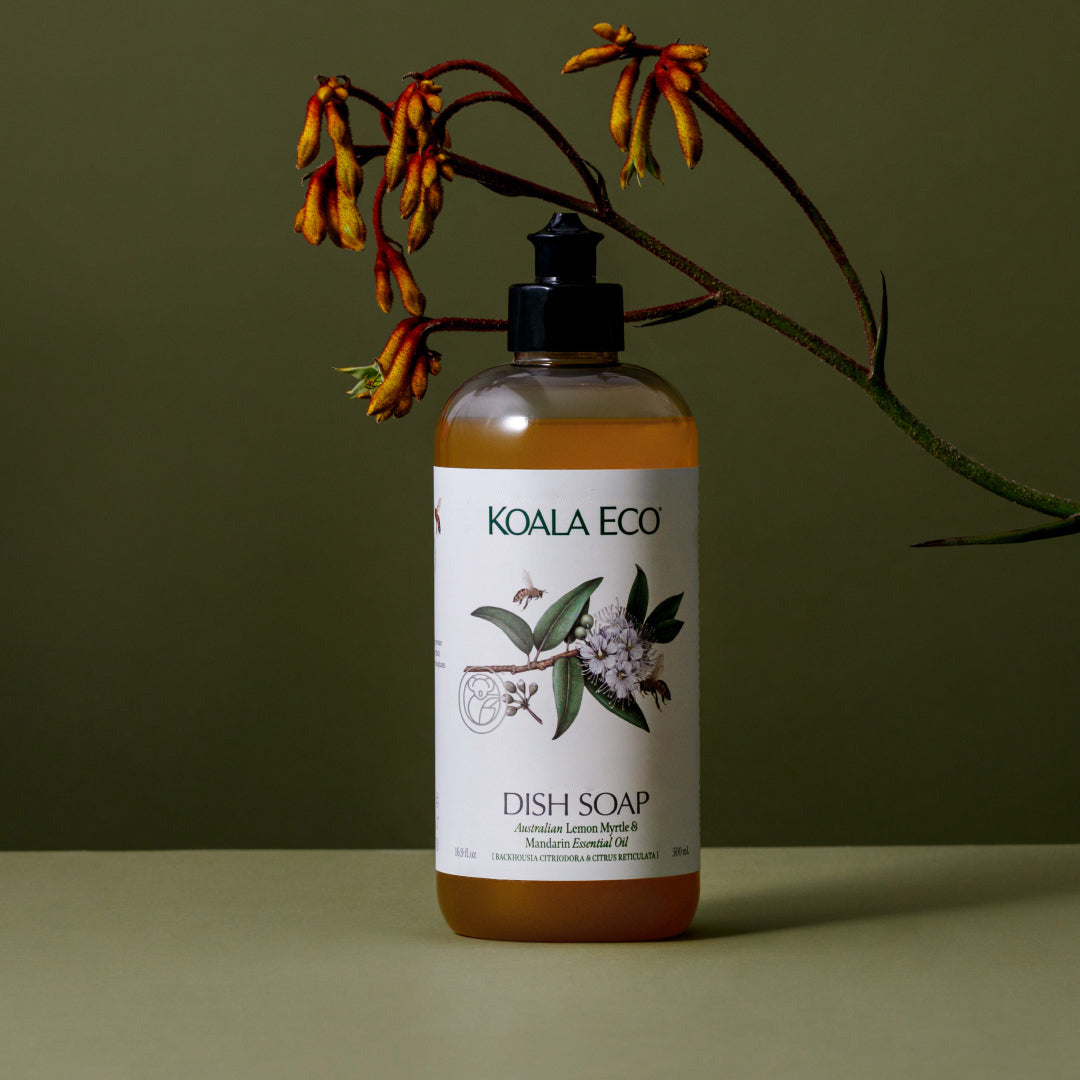
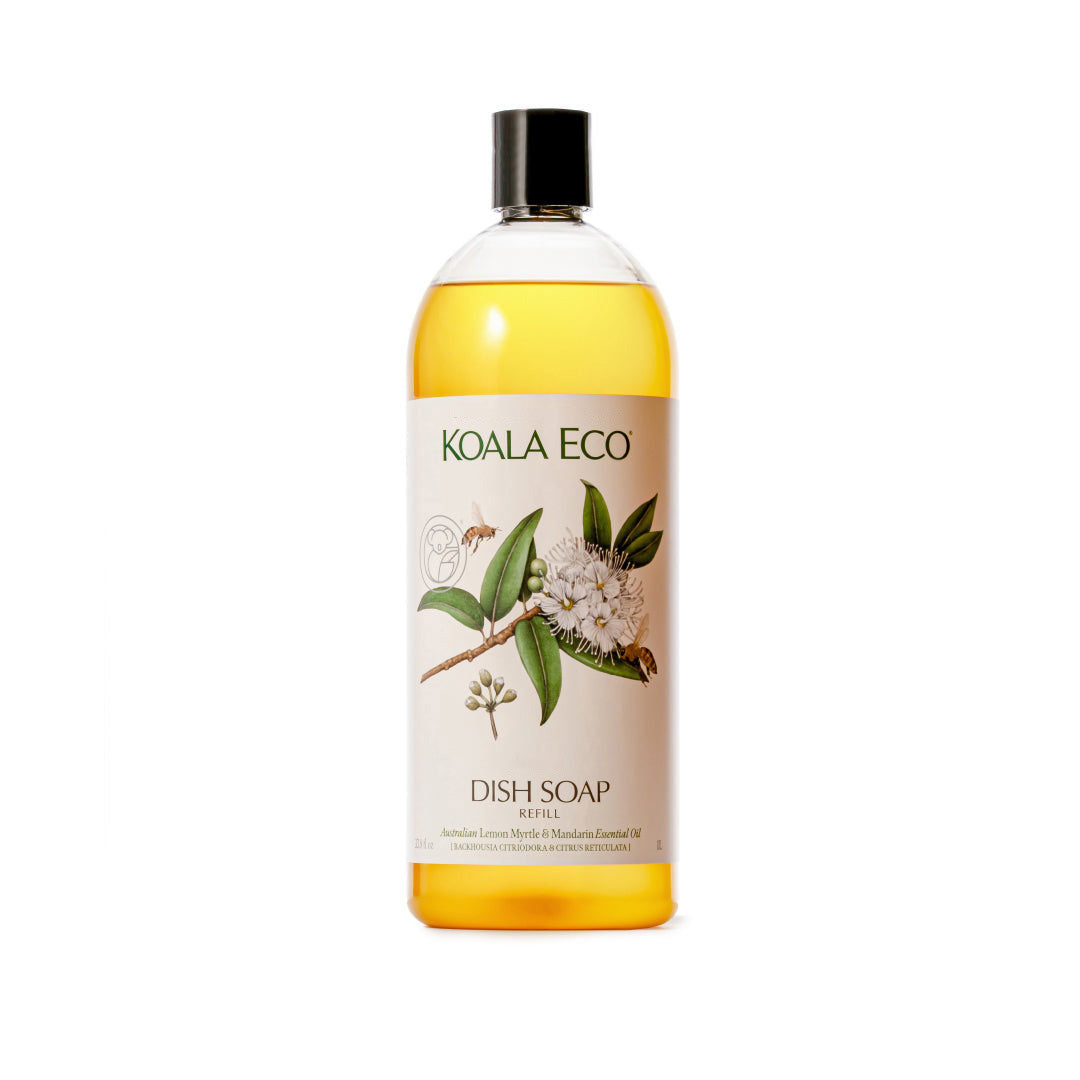
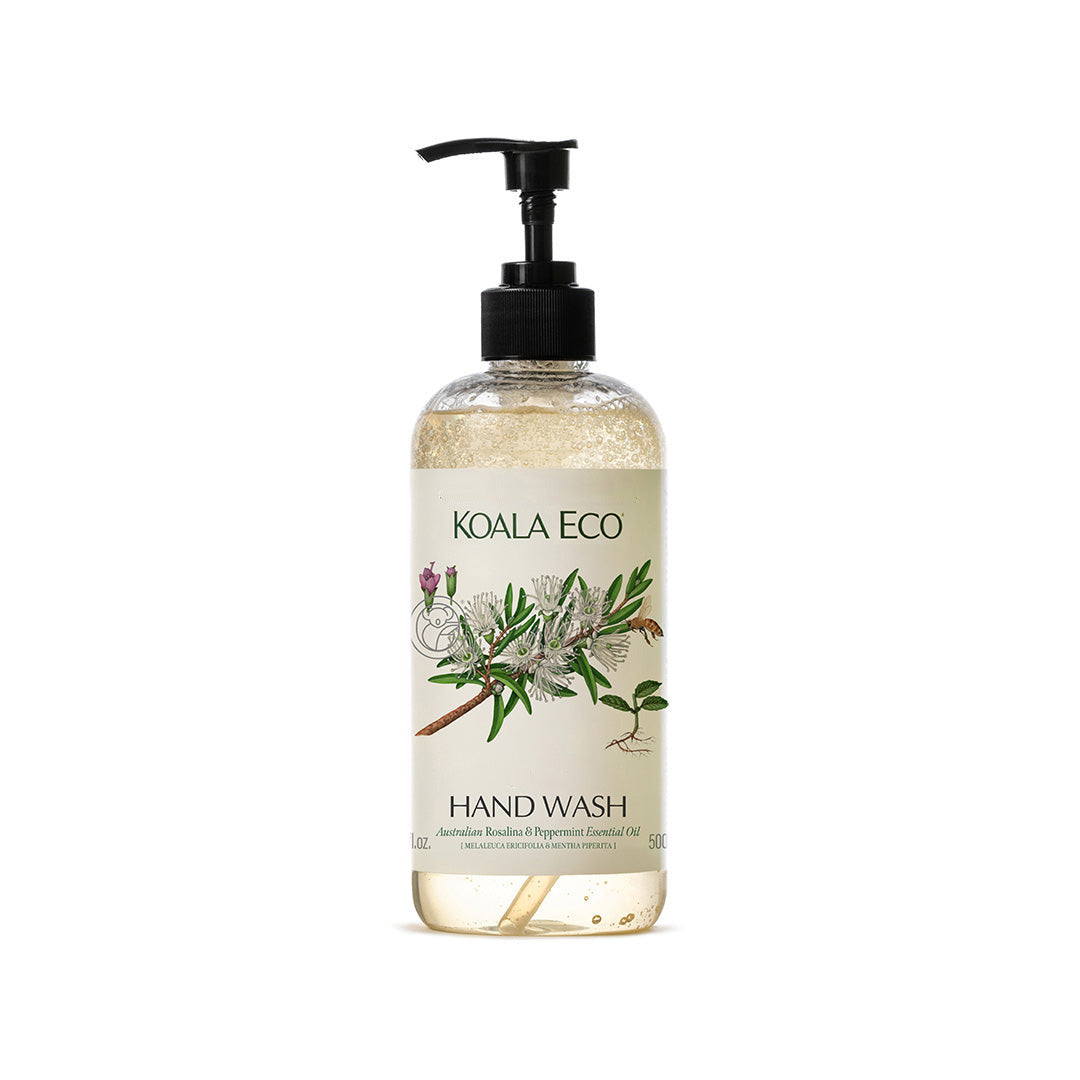
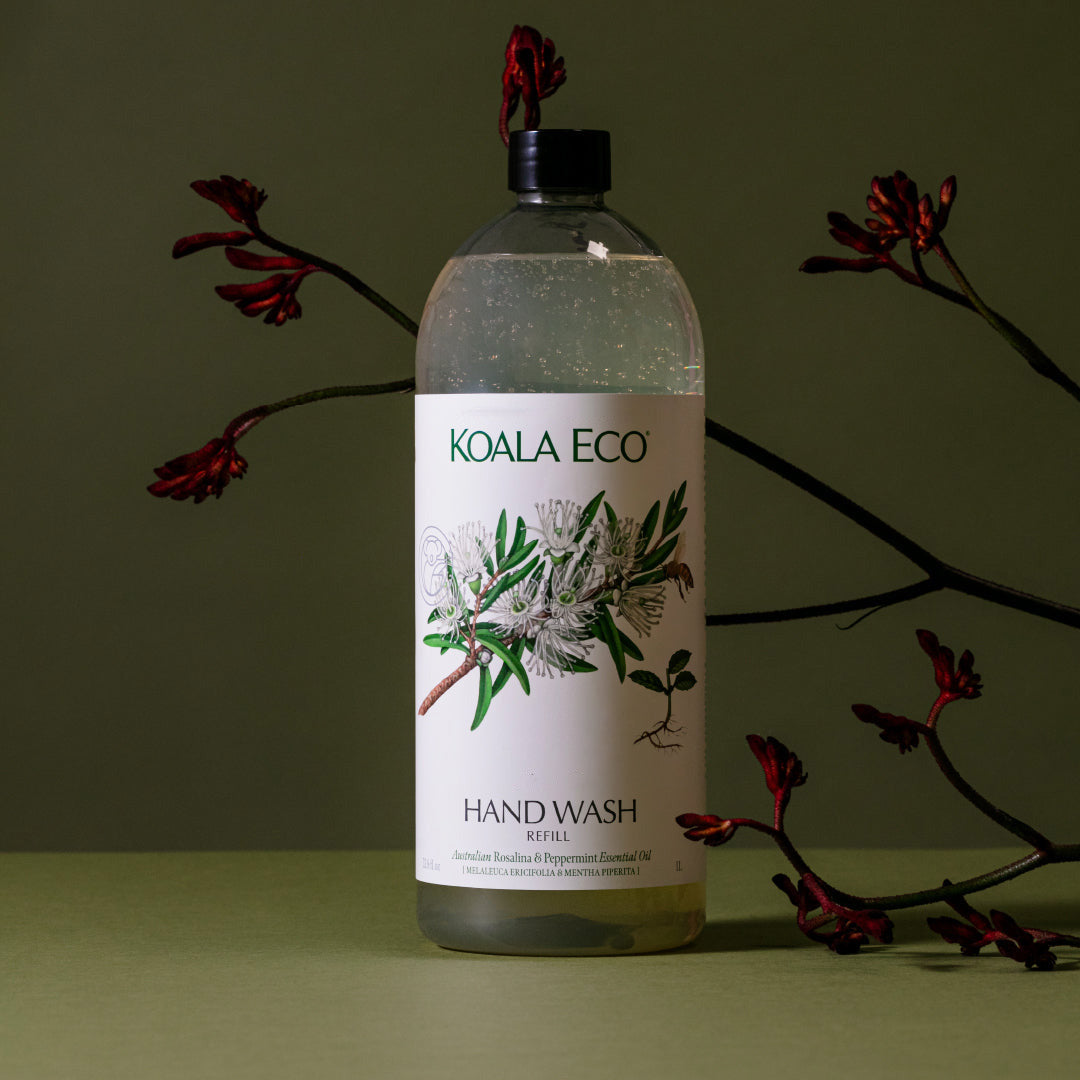
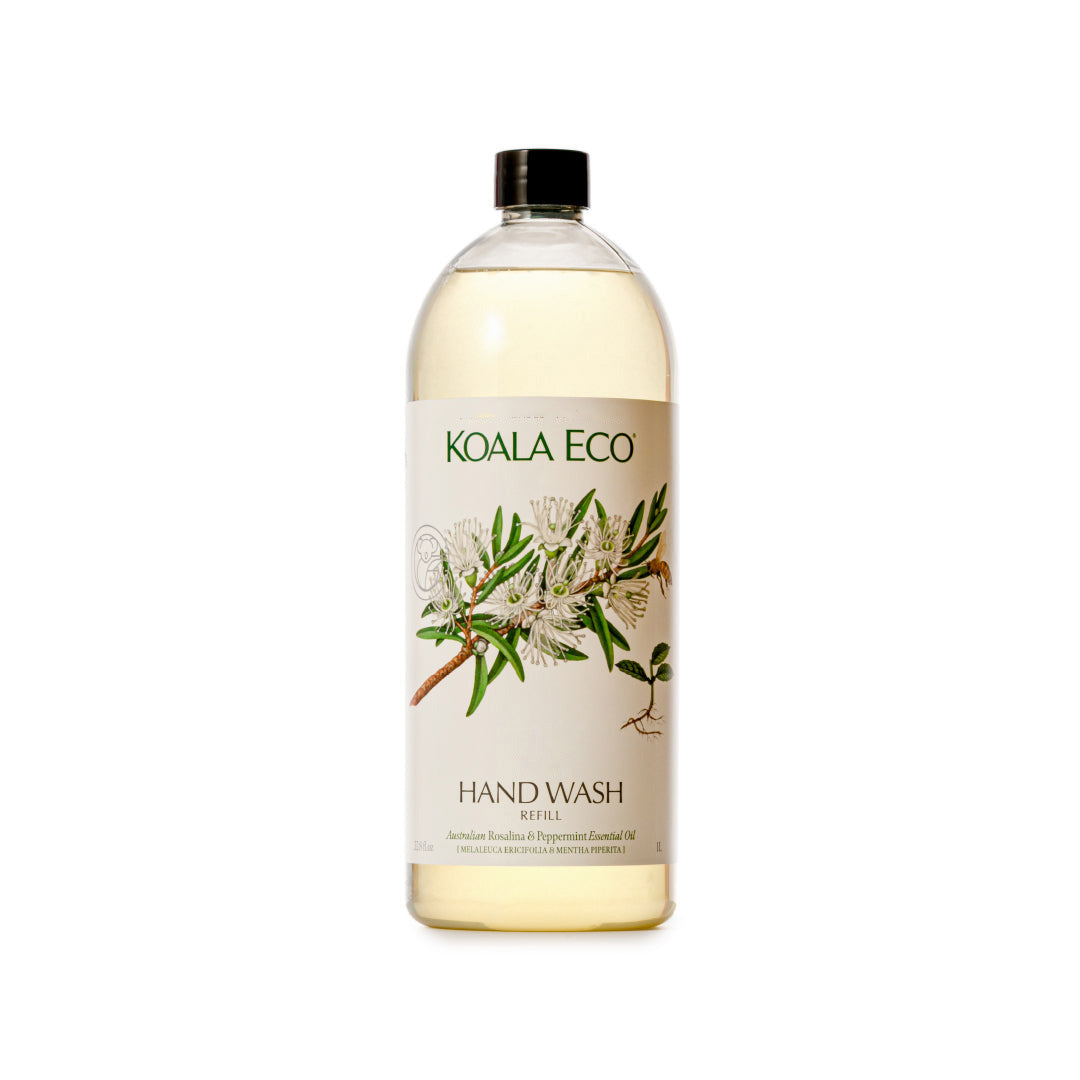
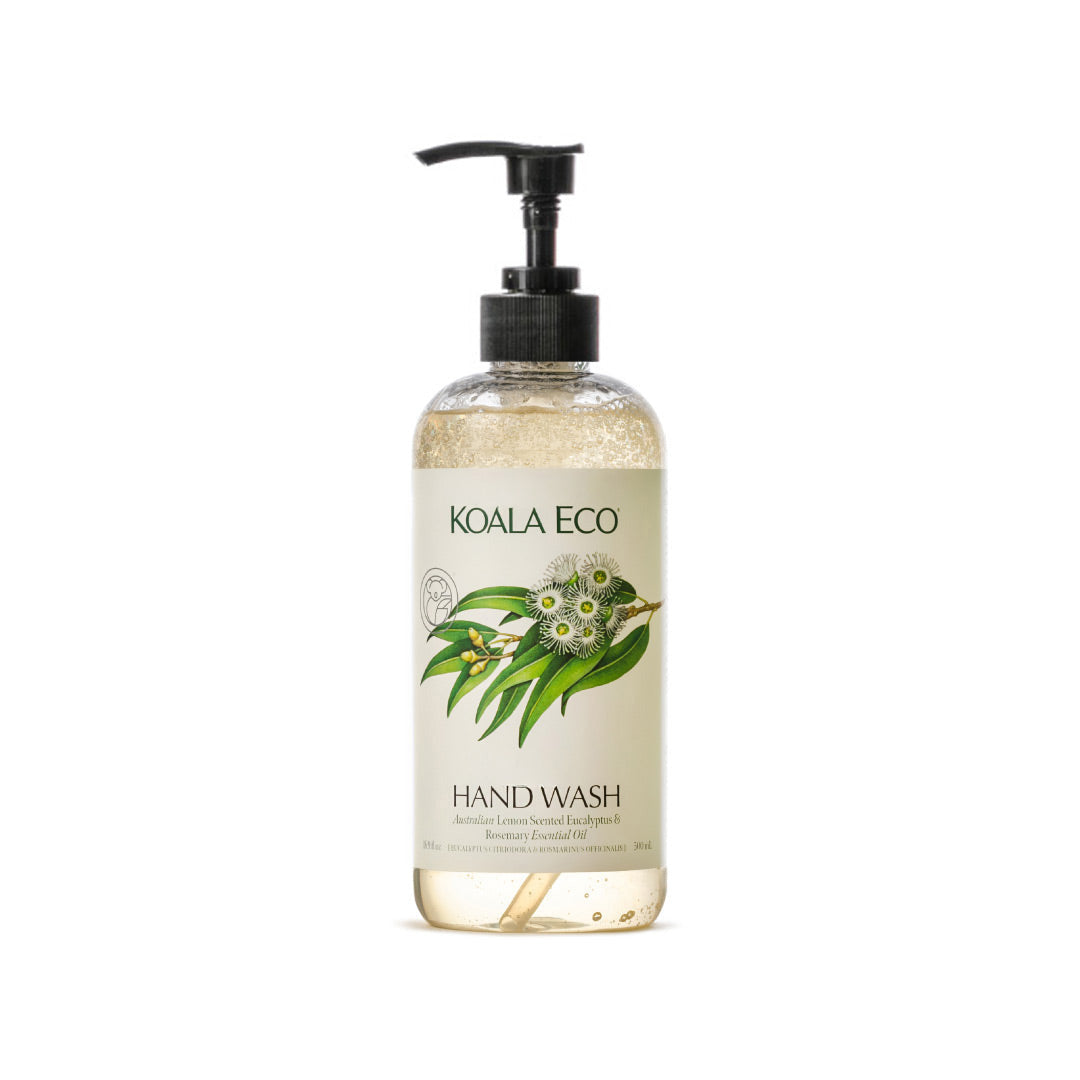
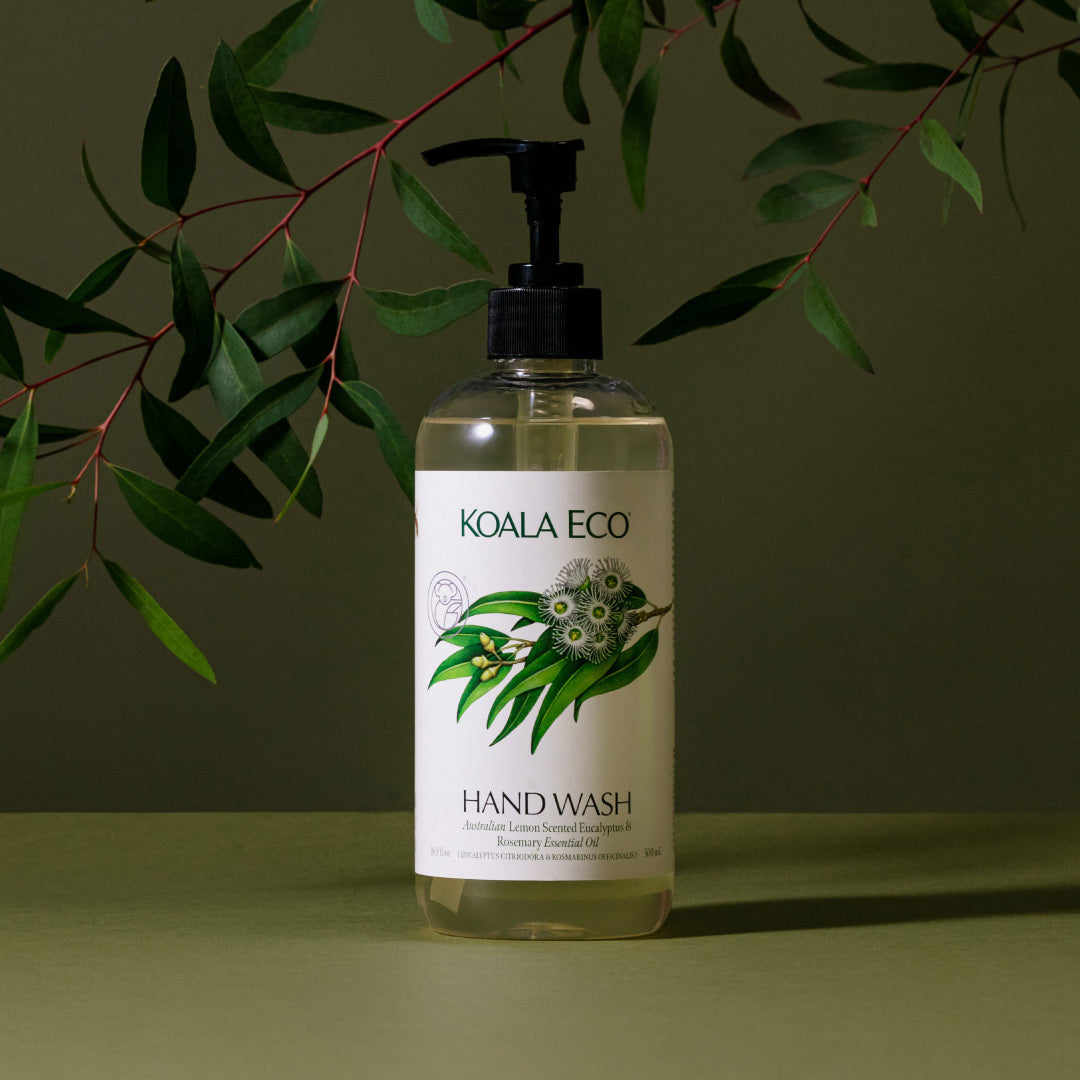
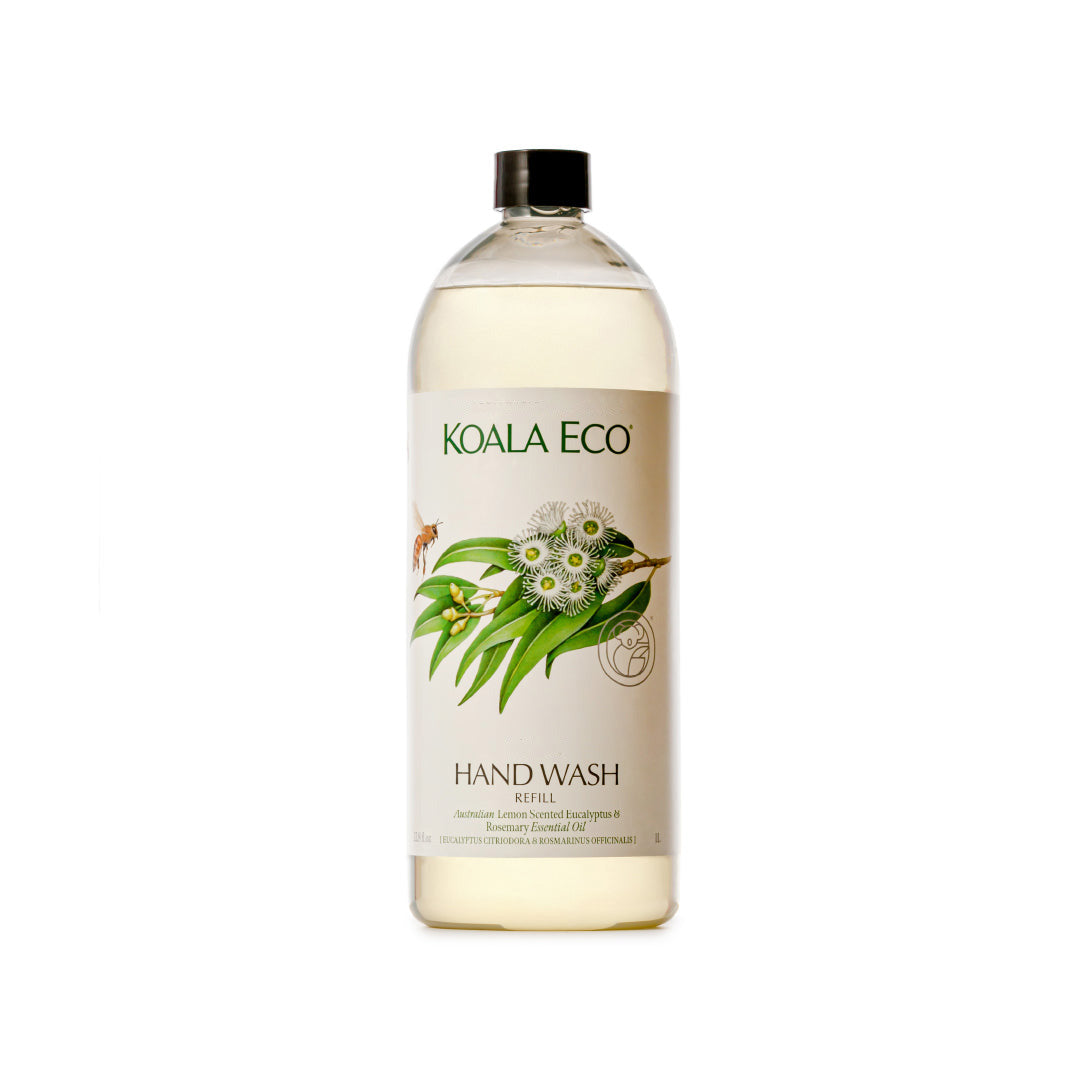
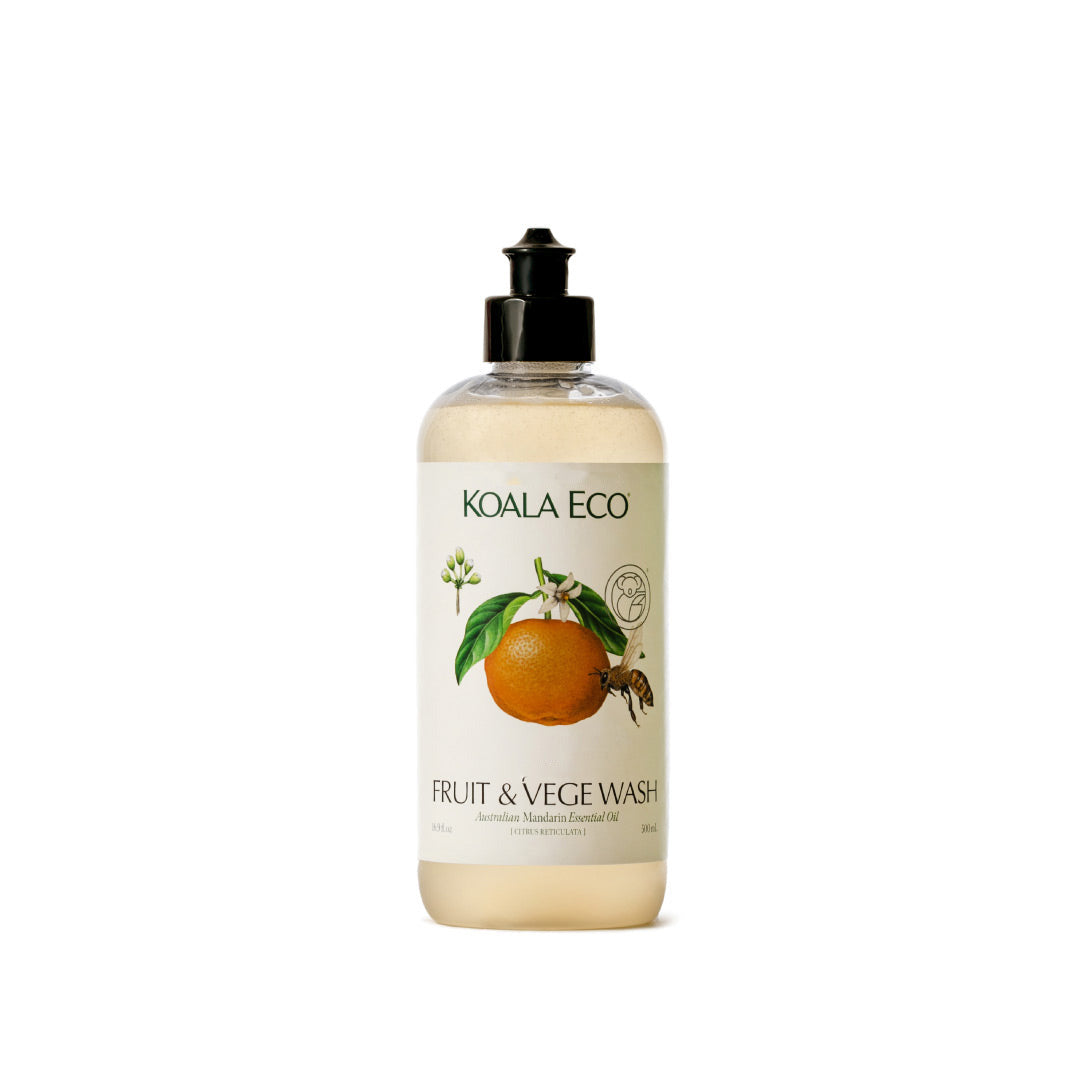
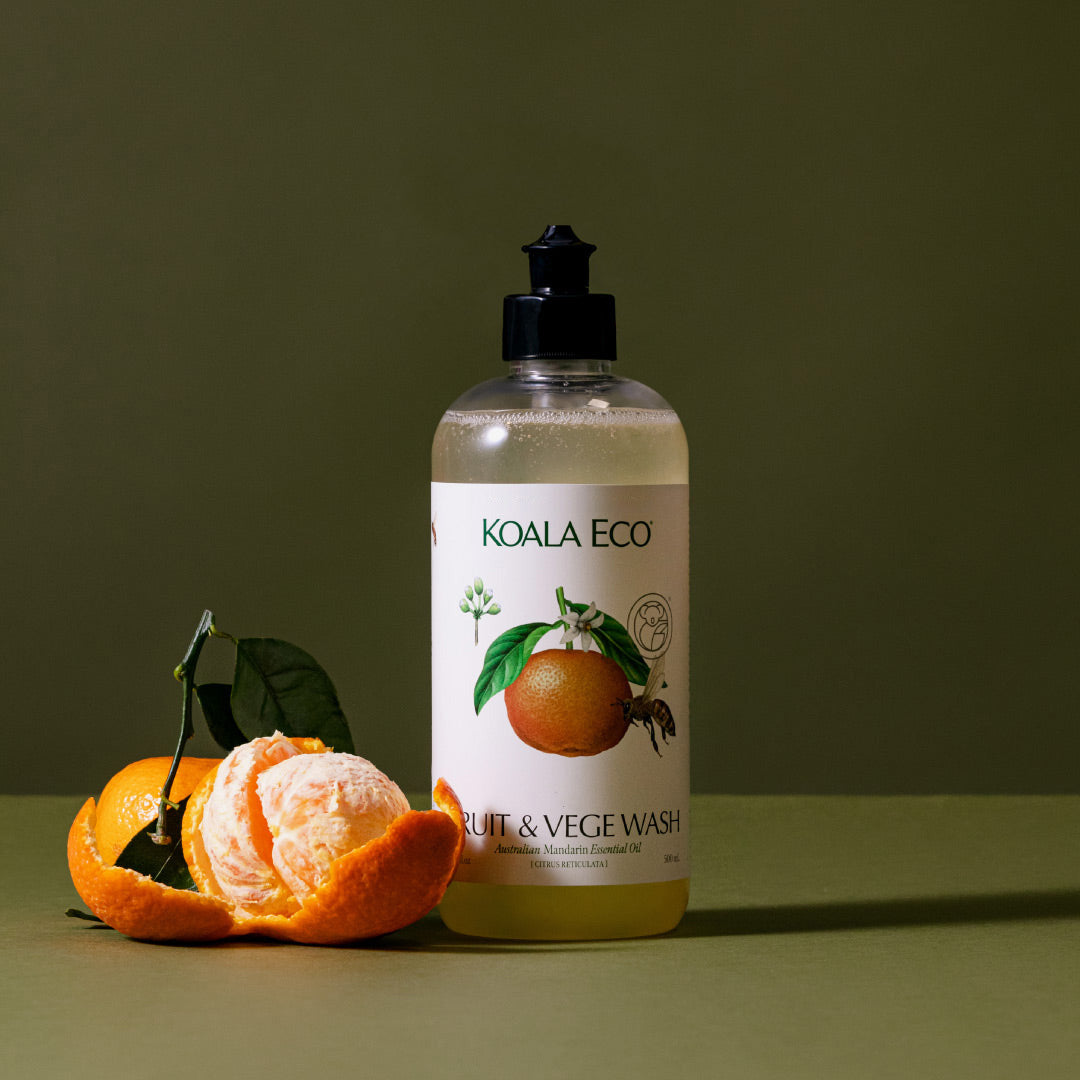
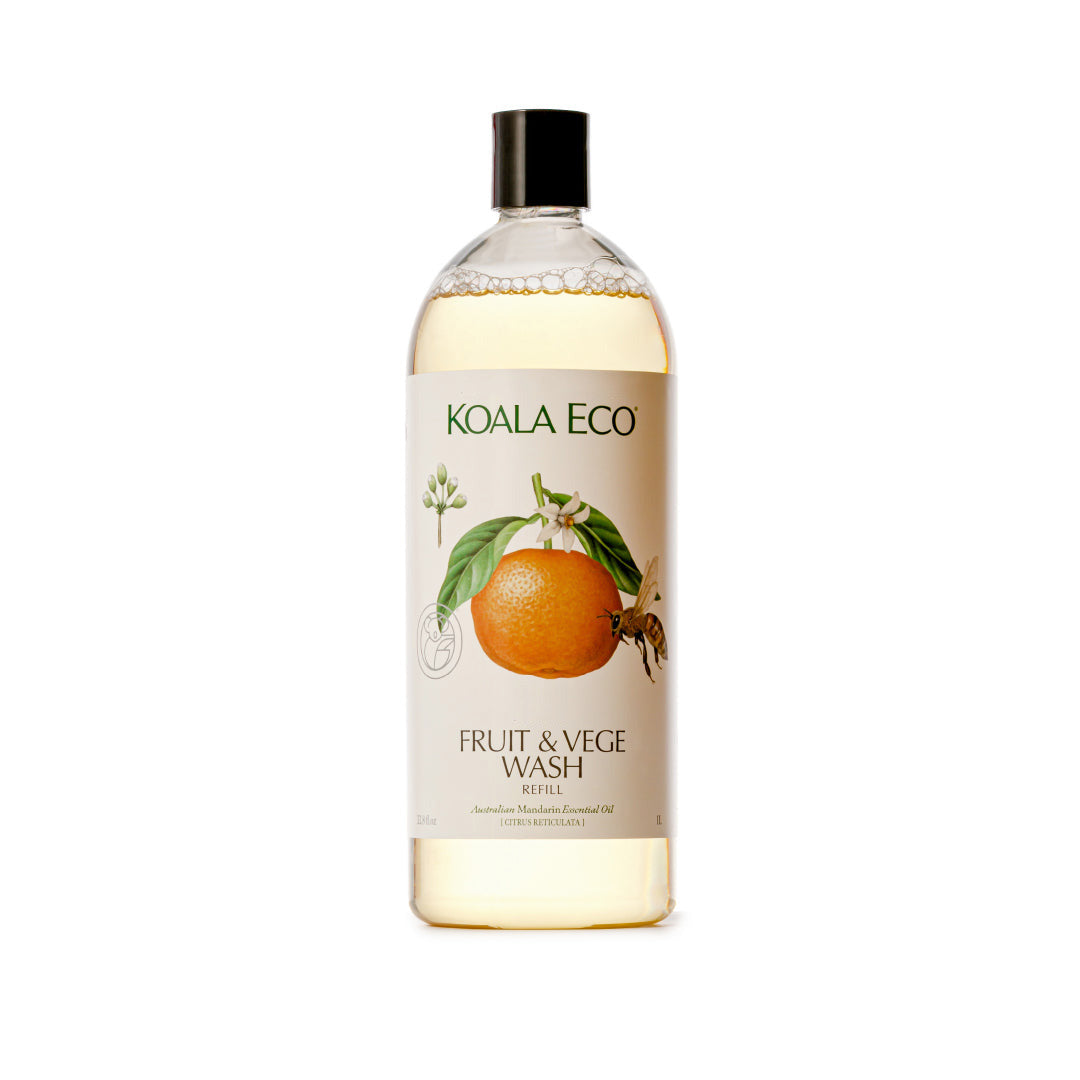
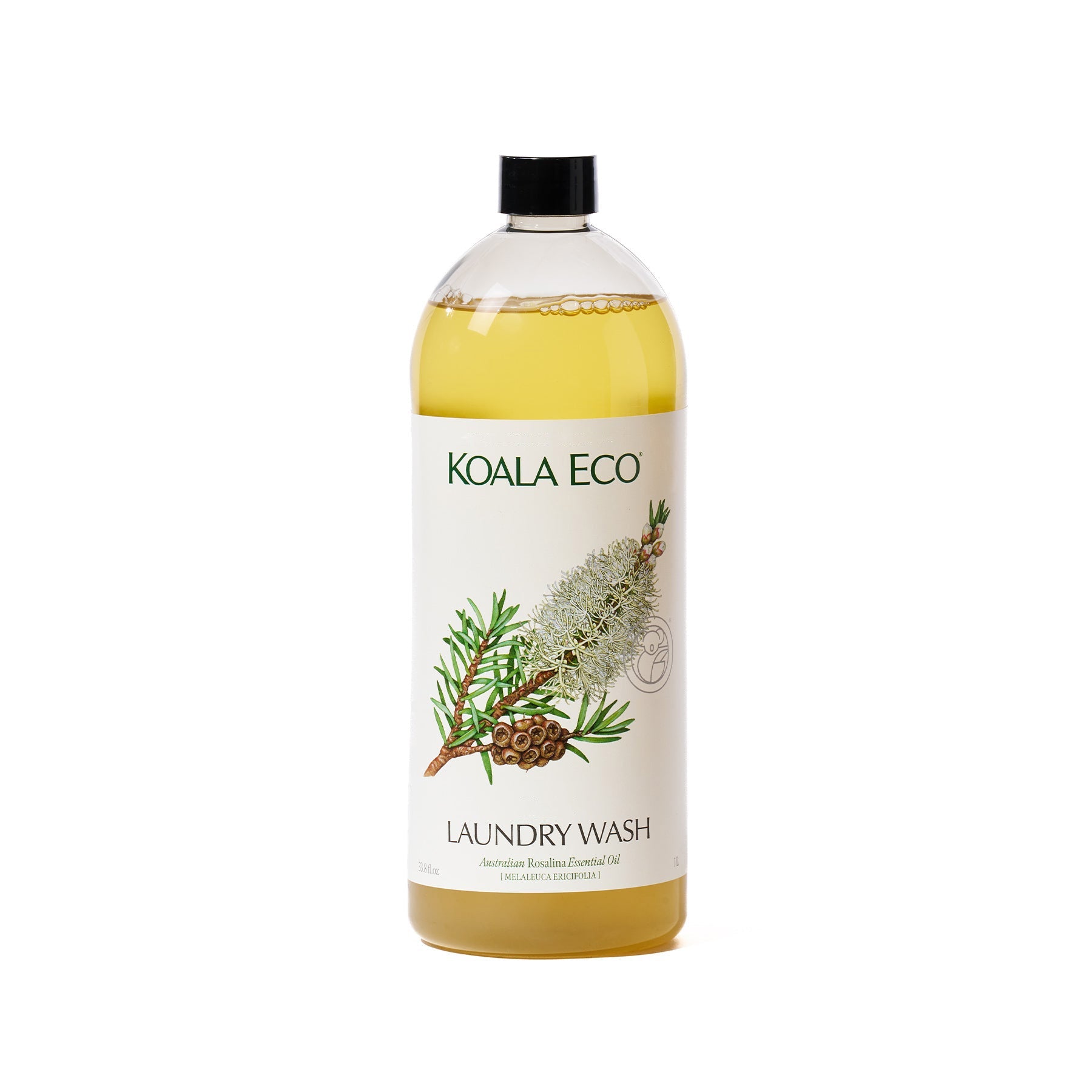
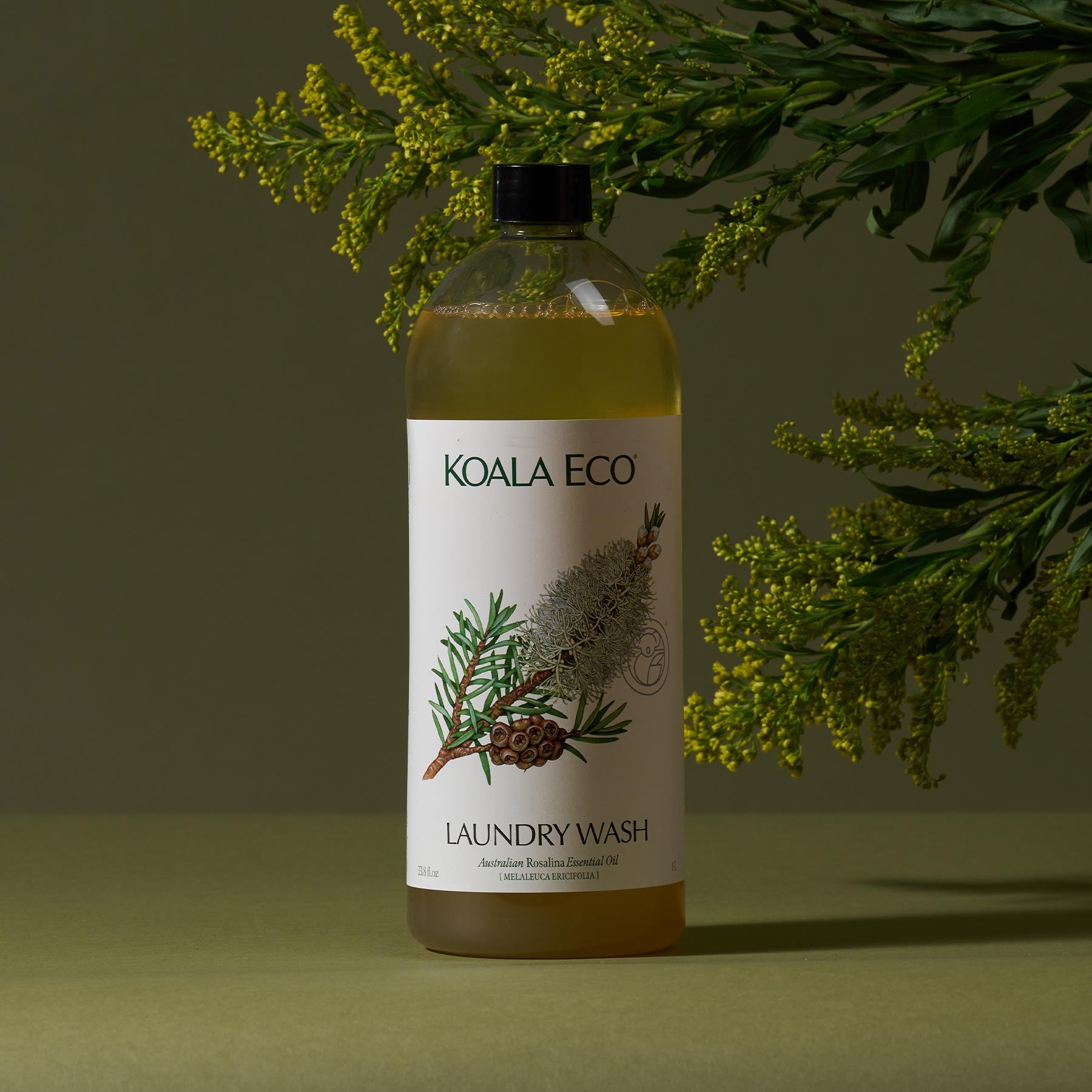
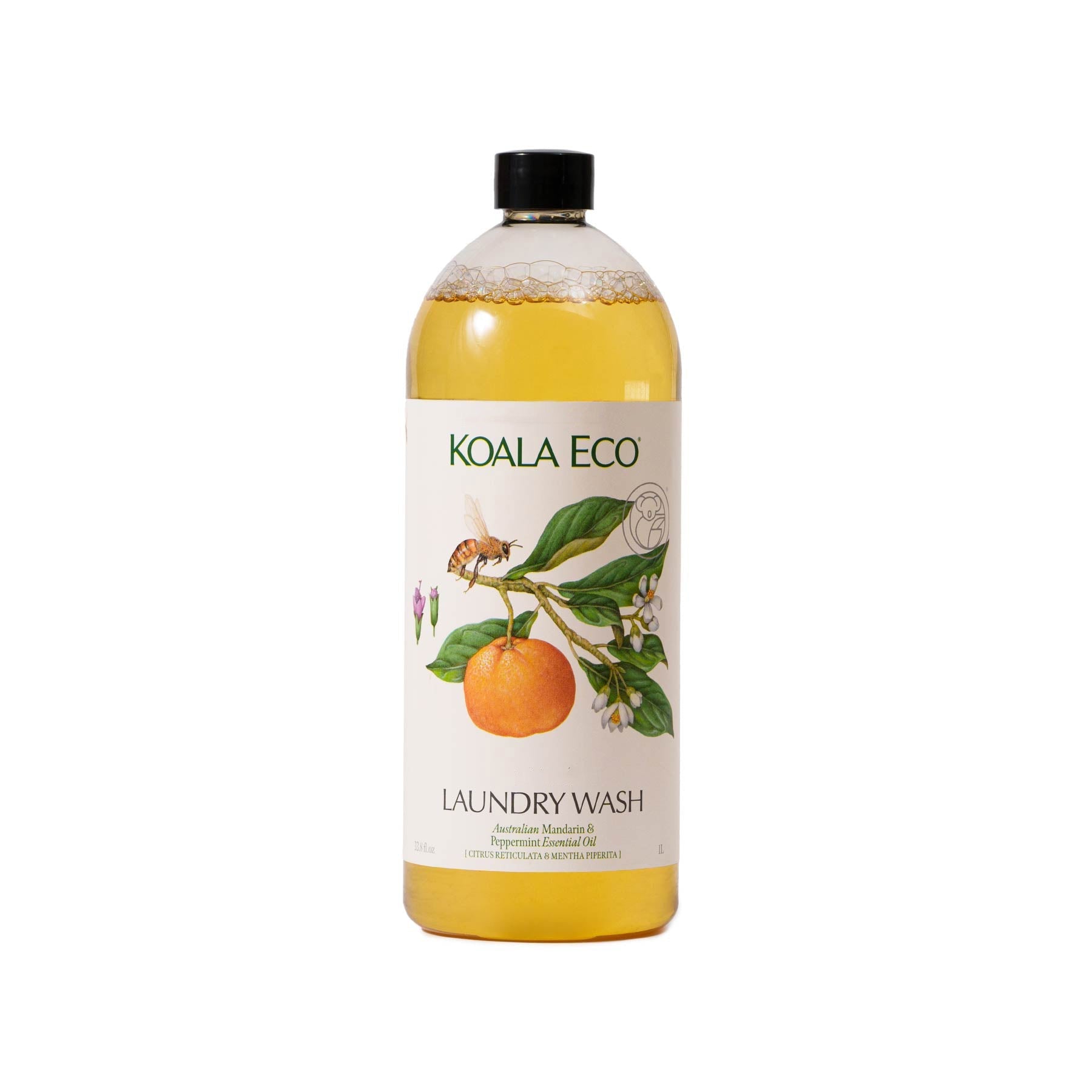
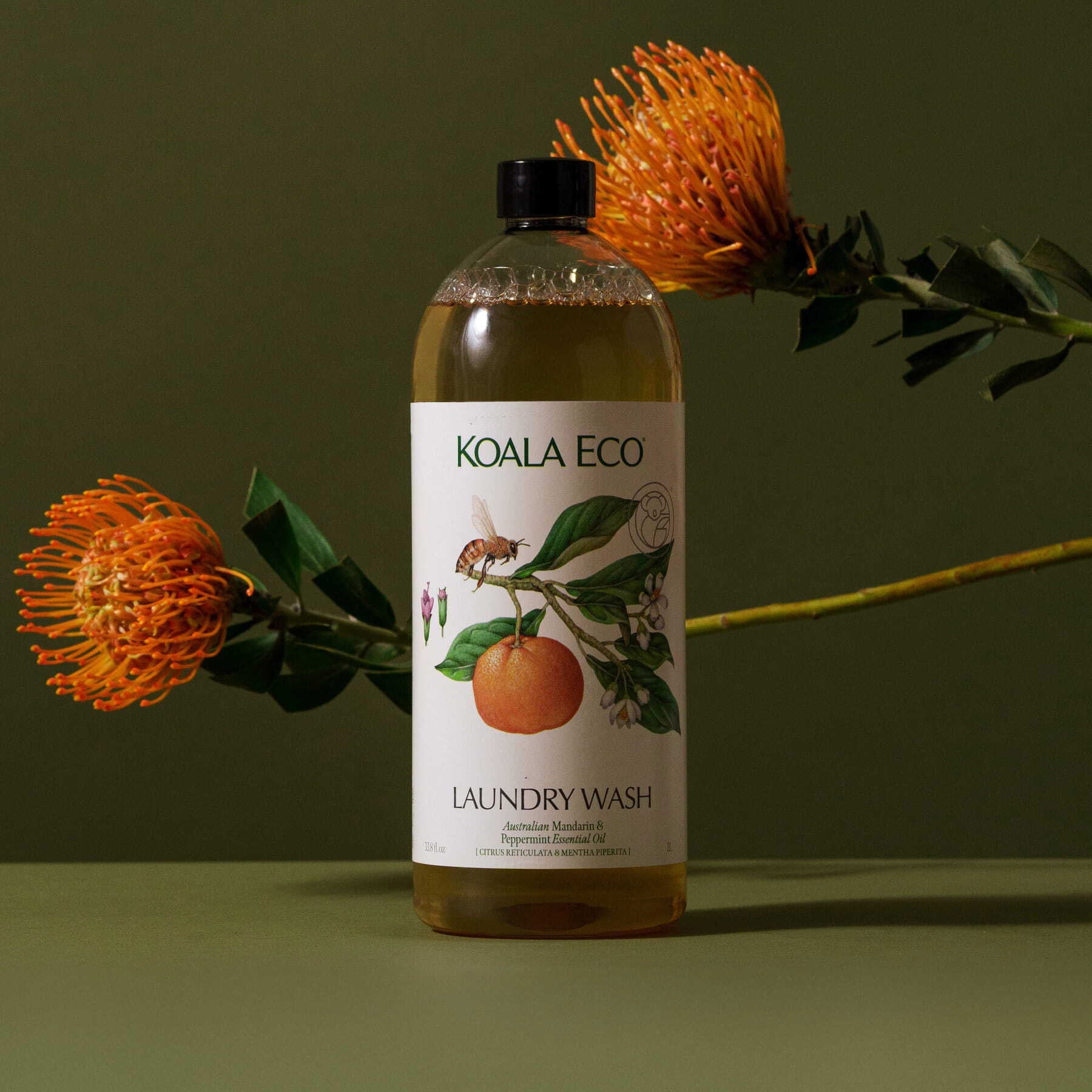
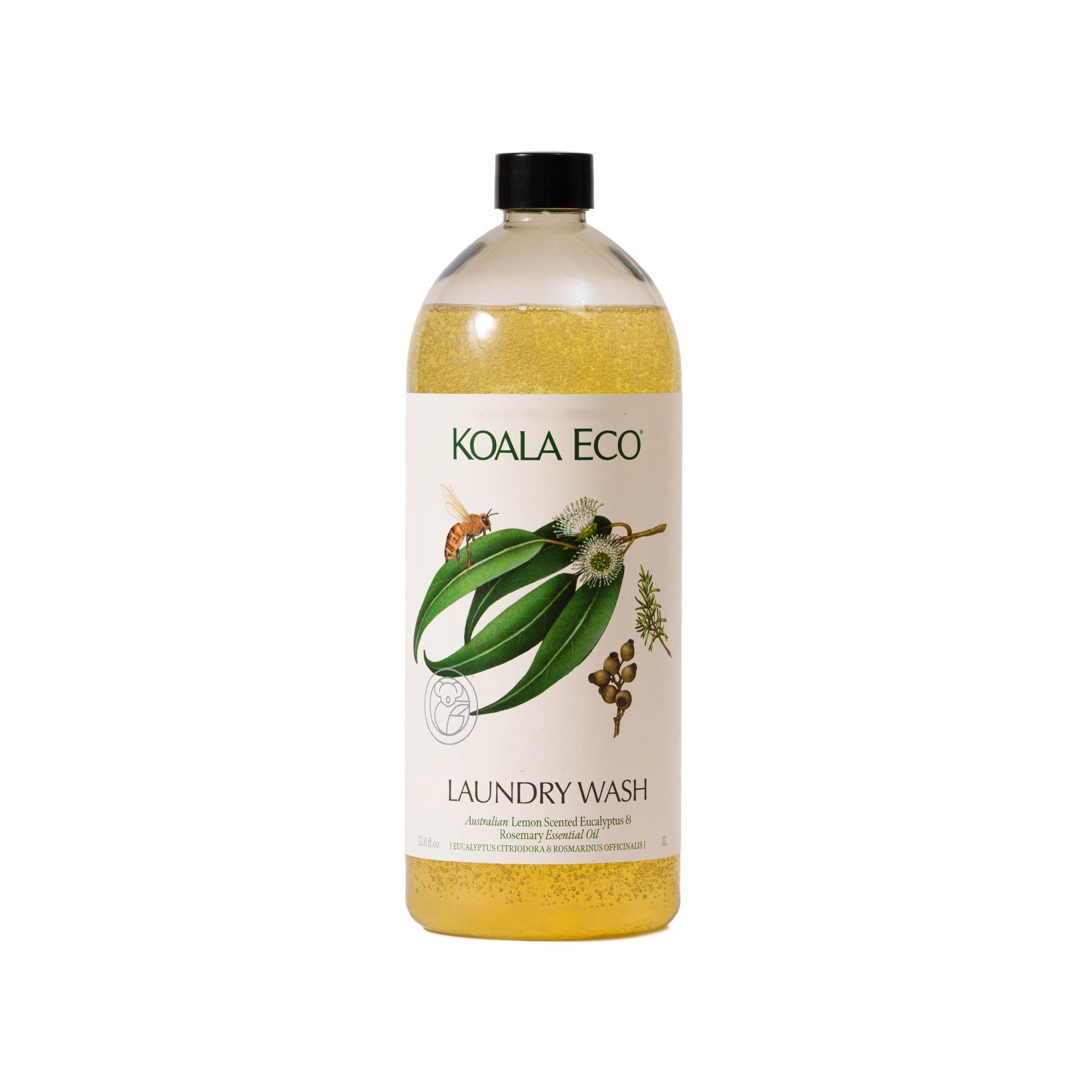
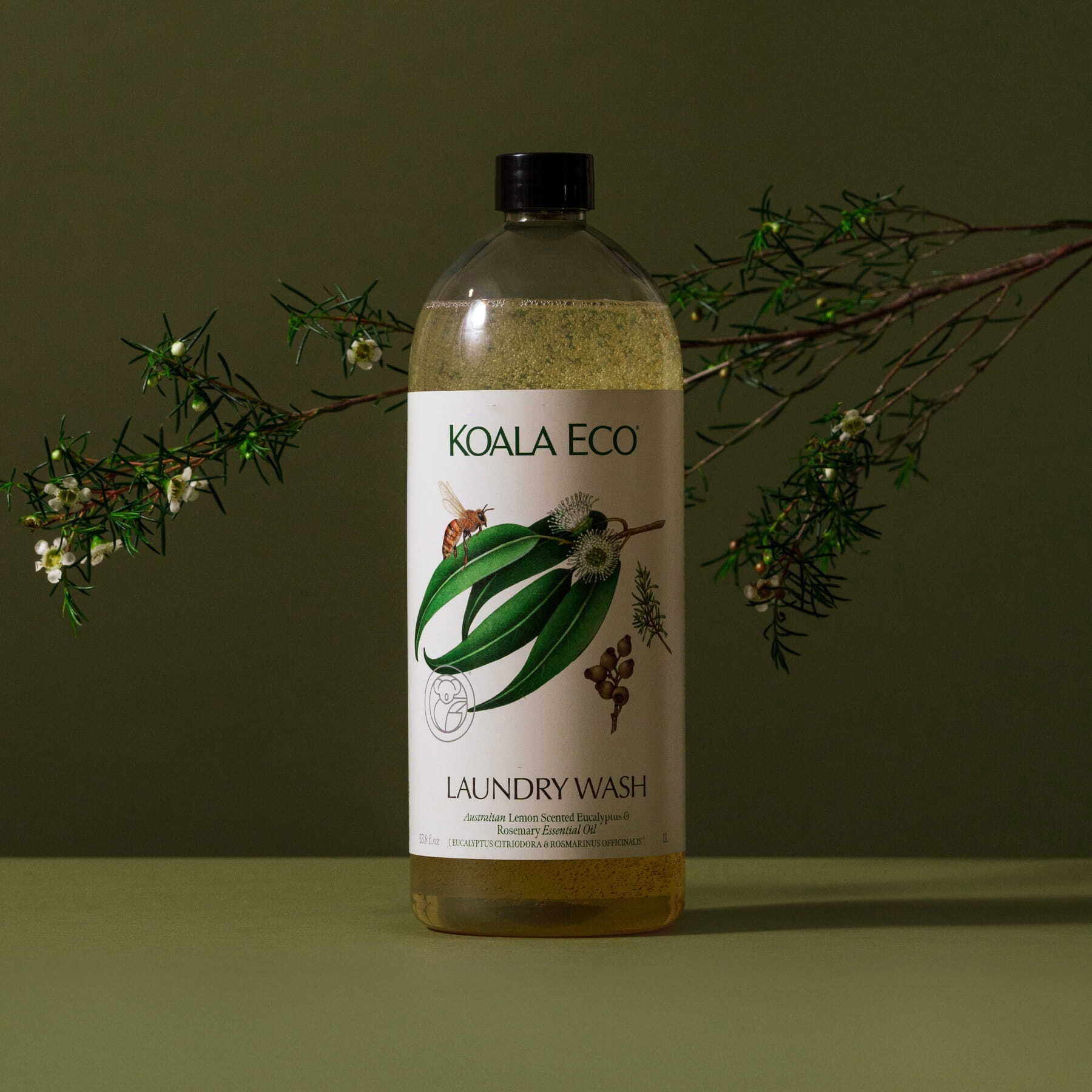
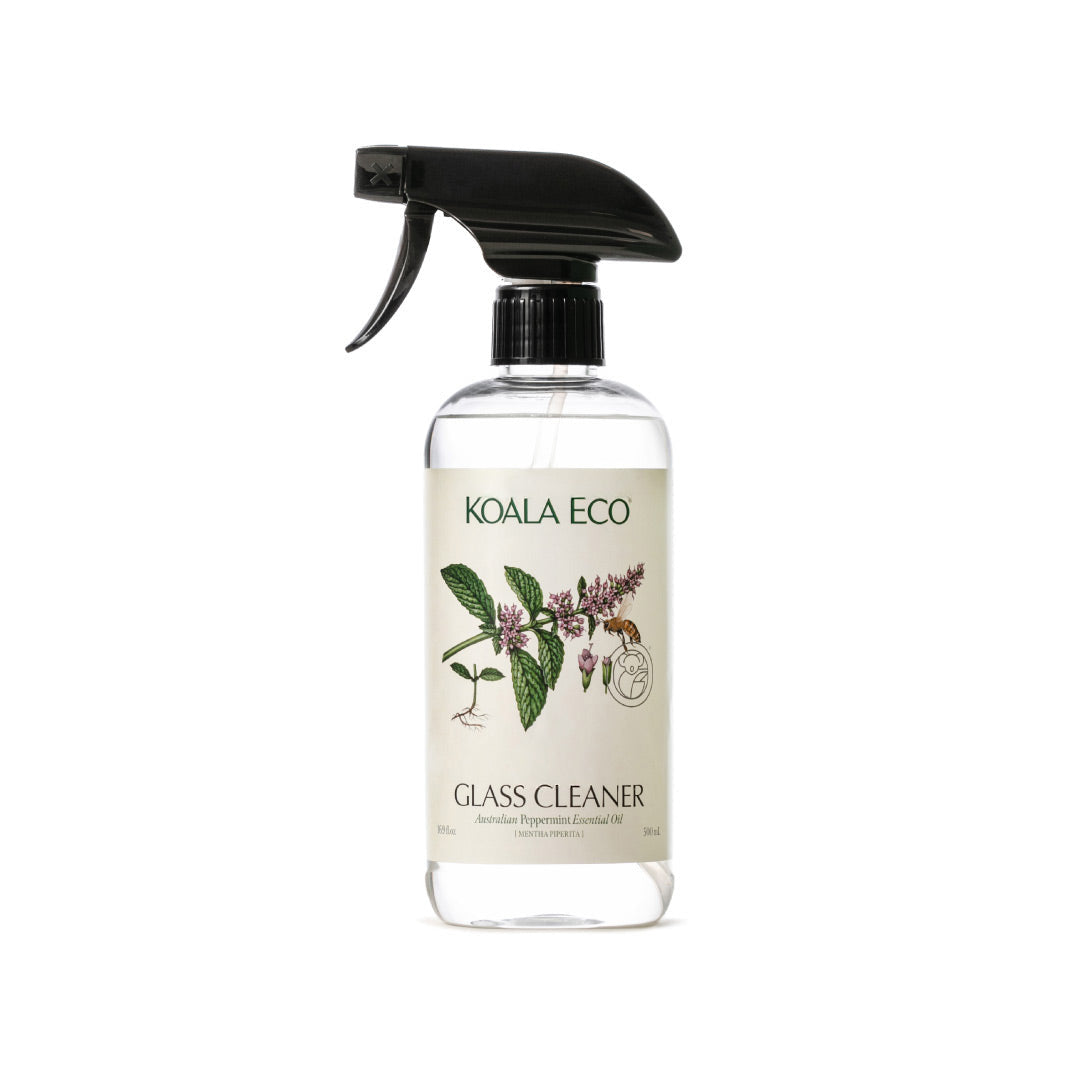
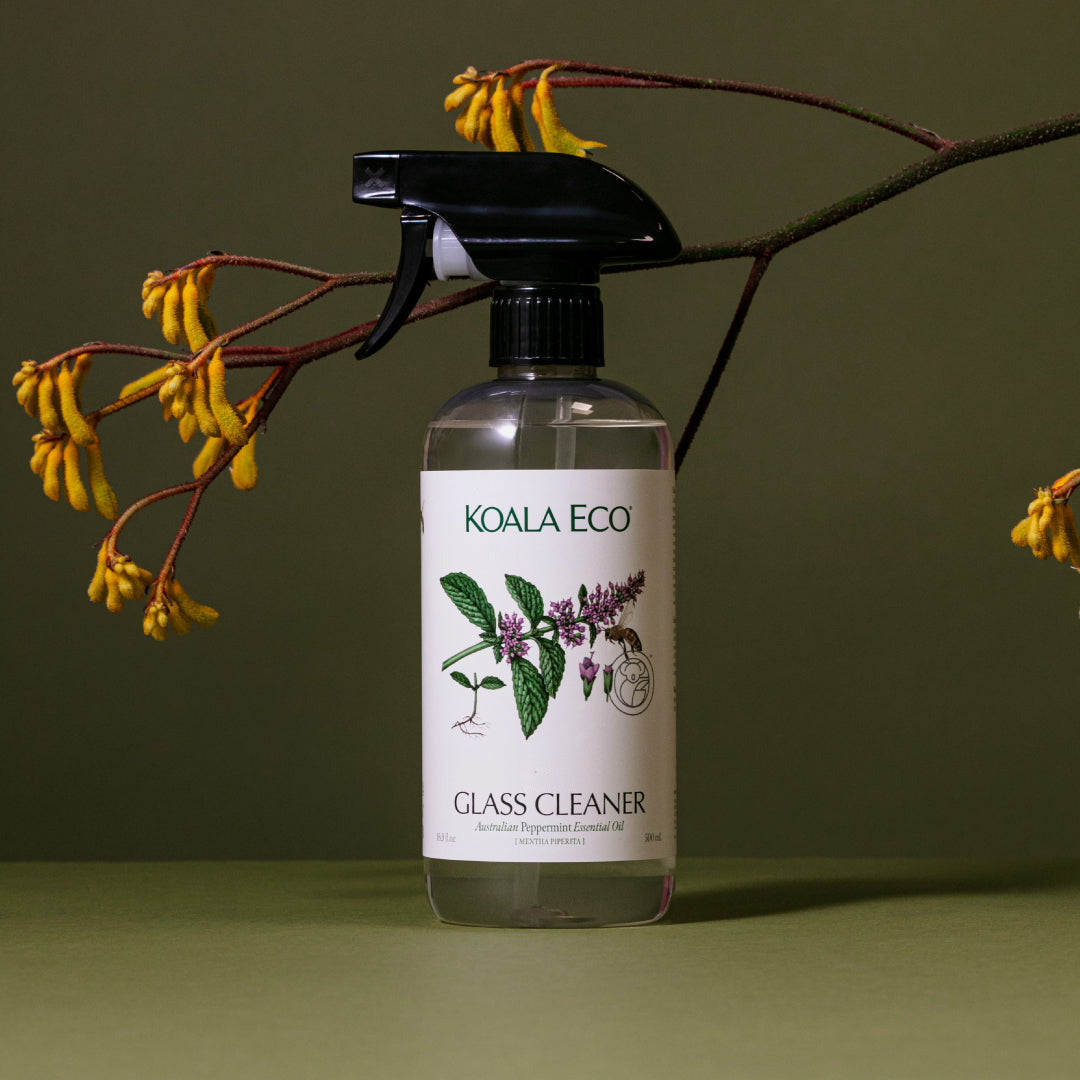
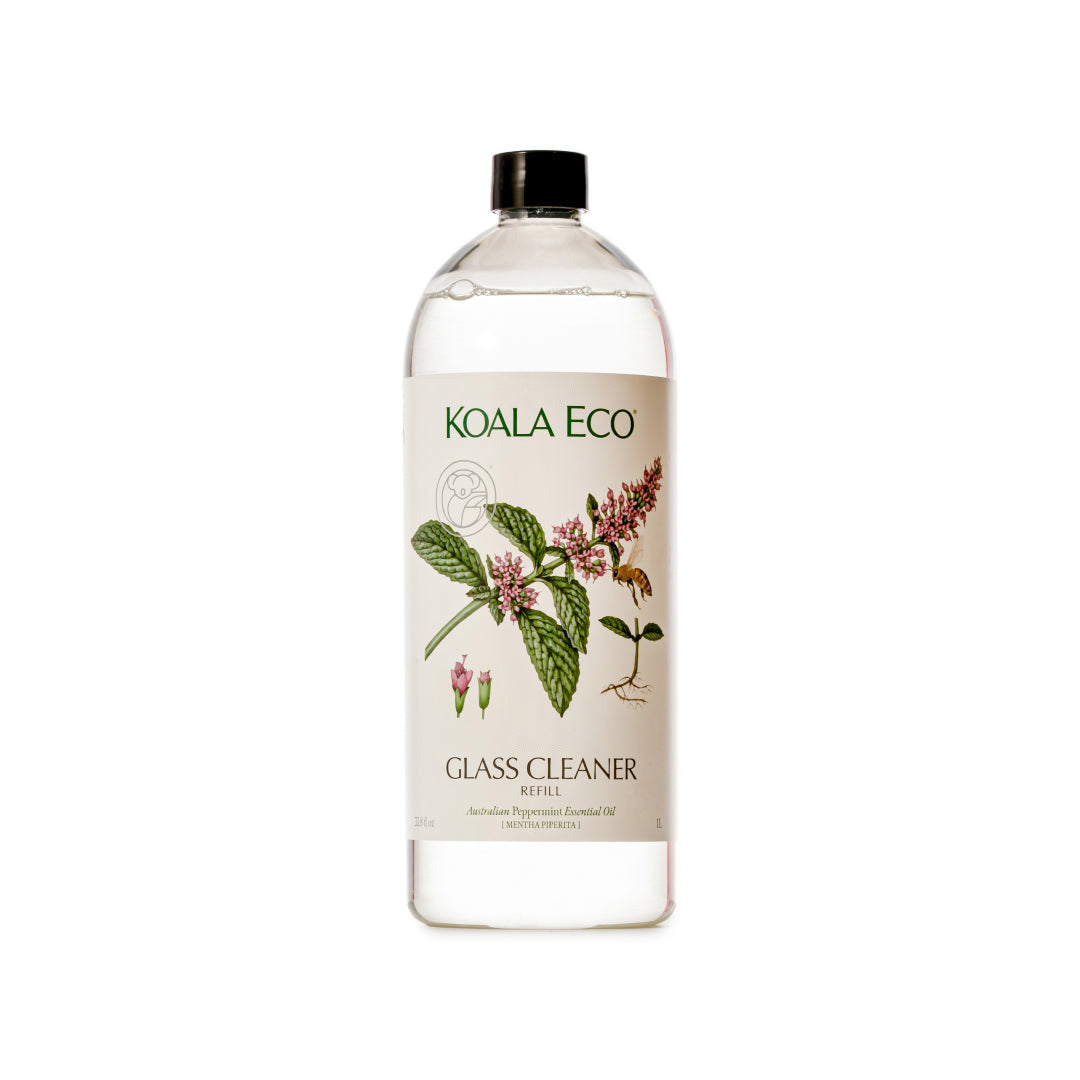


![The Sunday Reset - Inspired by Mandarin [Citrus reticulata]](http://usa-koala-eco.myshopify.com/cdn/shop/articles/KoalaEco-2025-Sunday_Reset-Mandarin-Journal_Banner_07451e10-e73f-497d-989d-2606a2864abf.jpg?v=1760498511&width=2000)